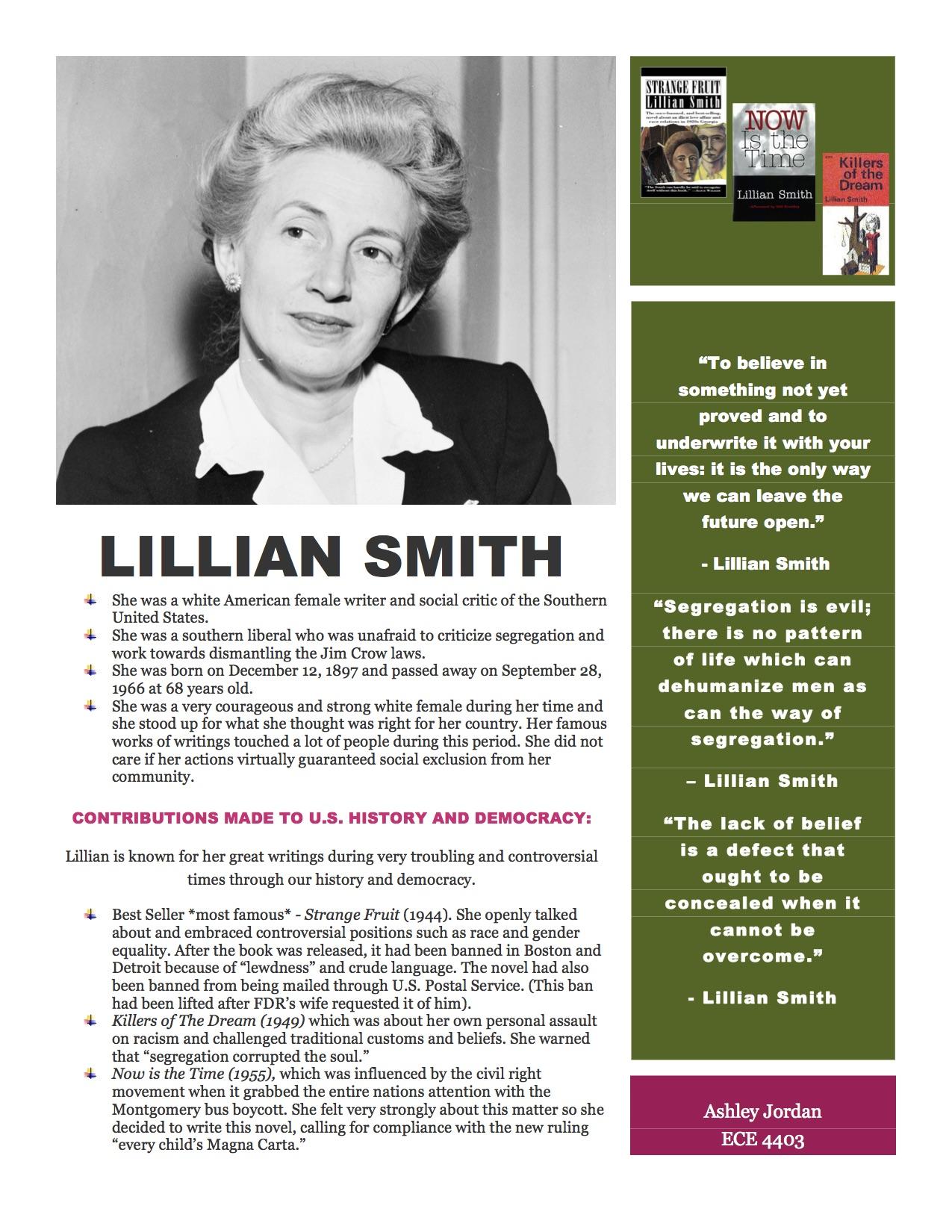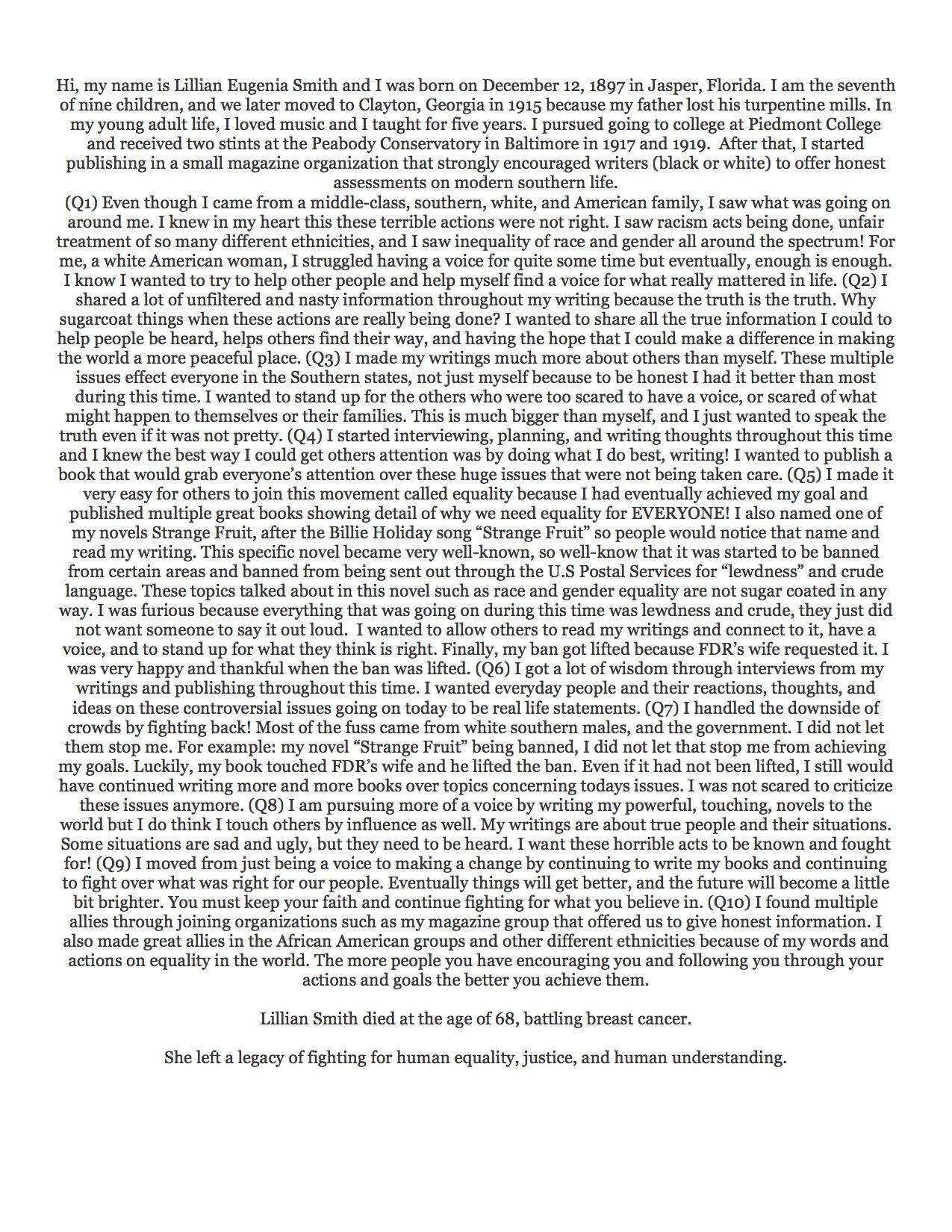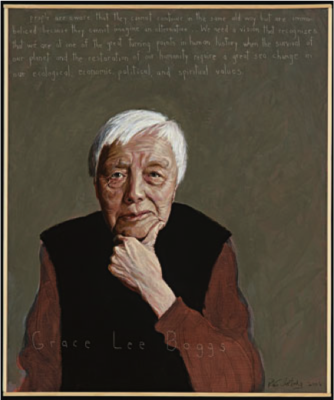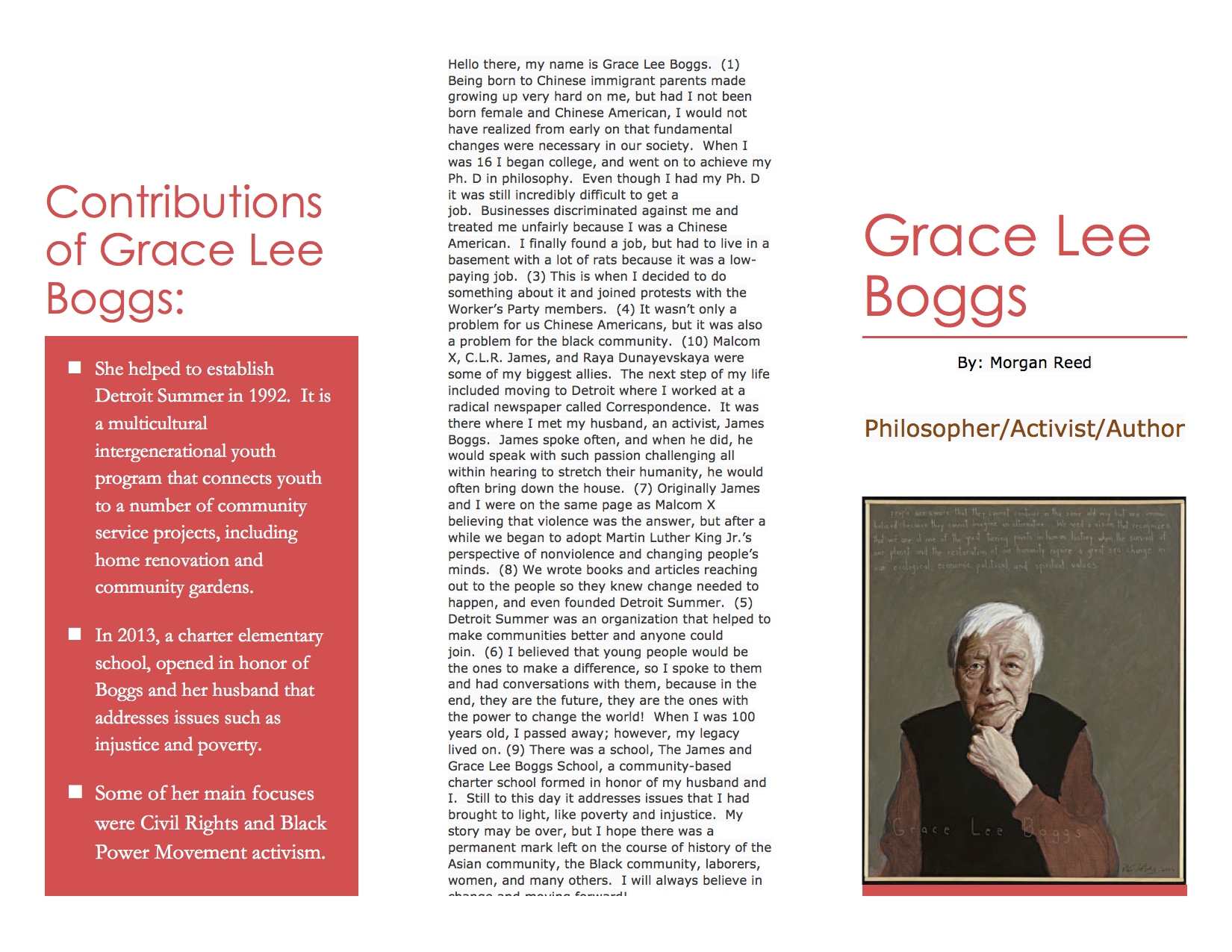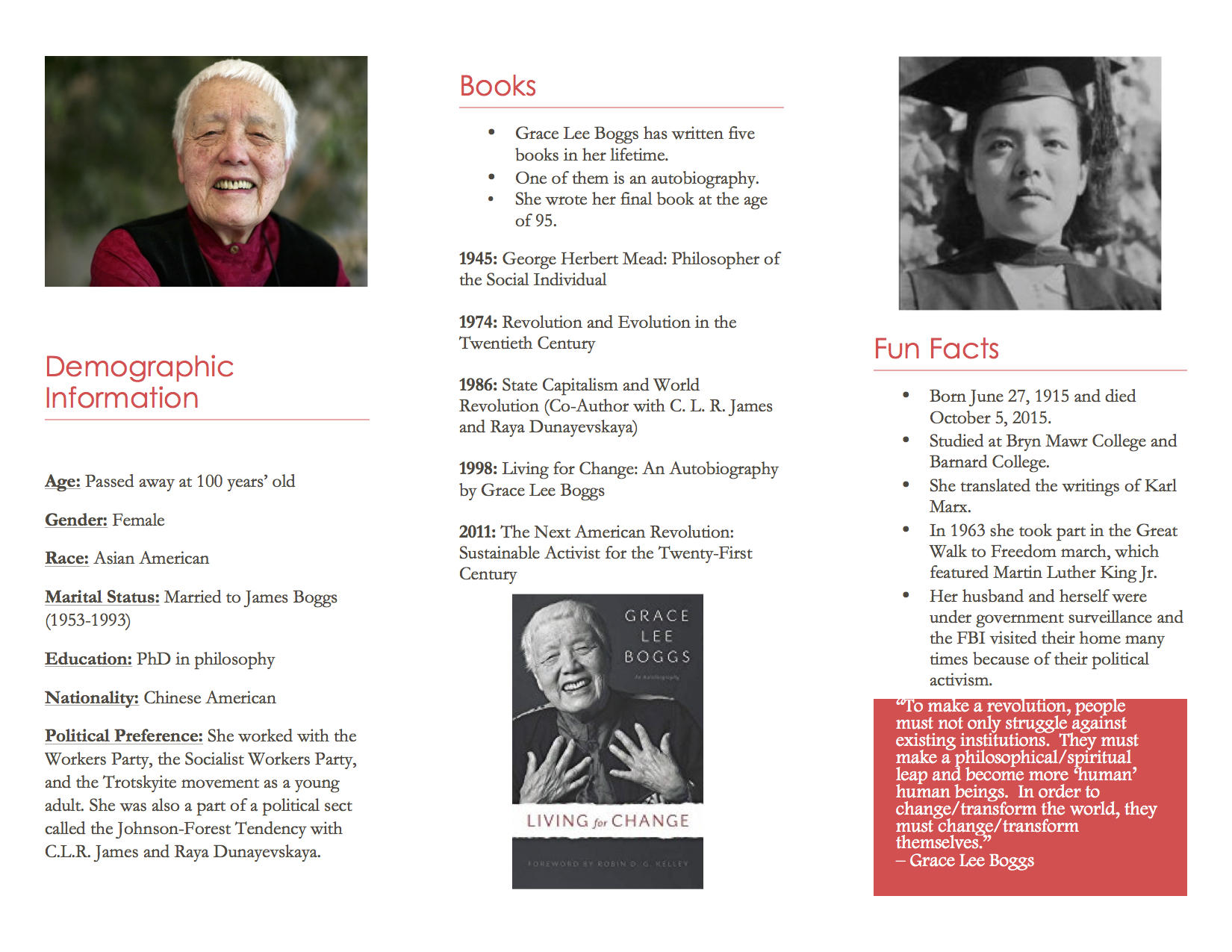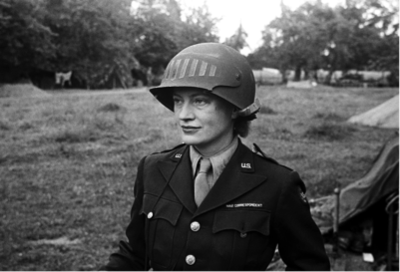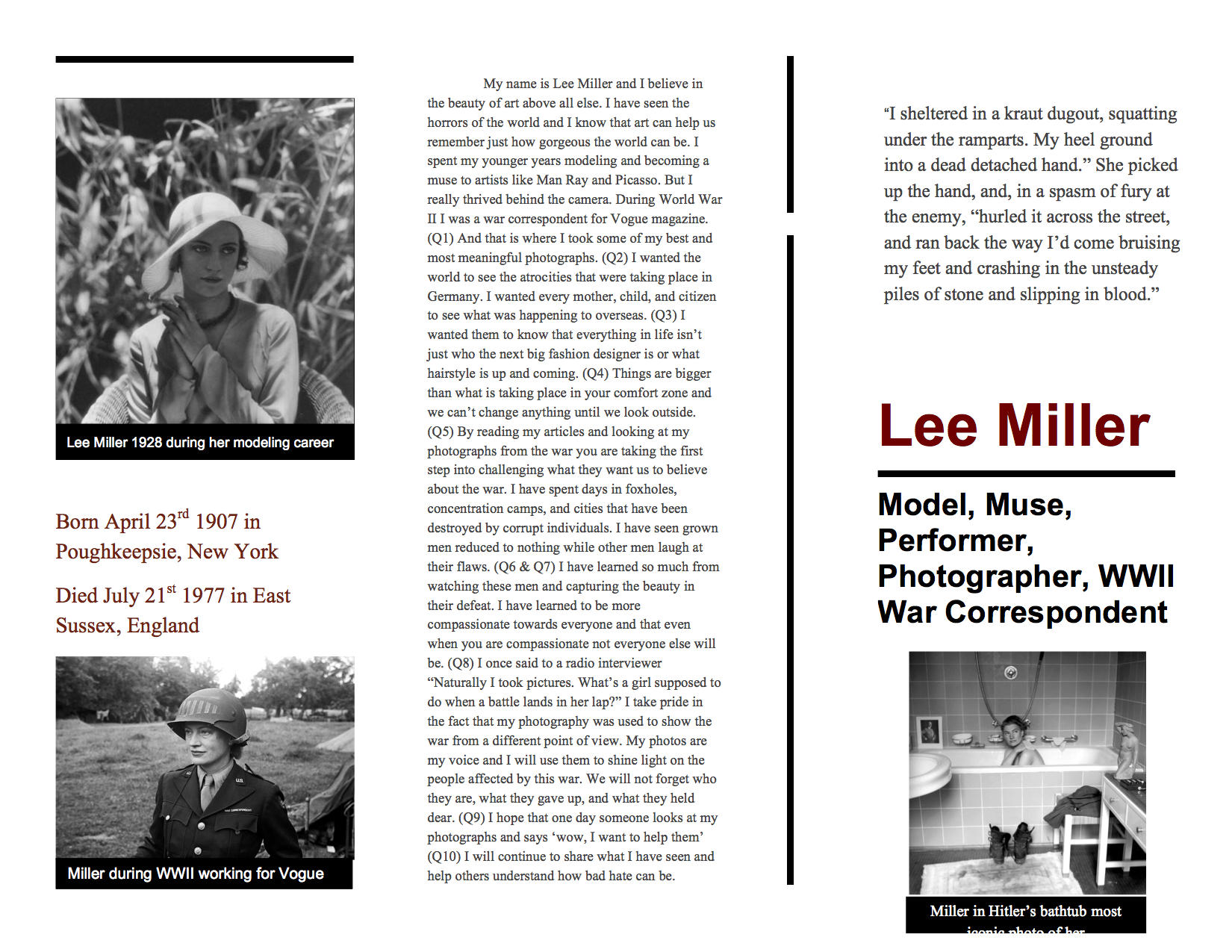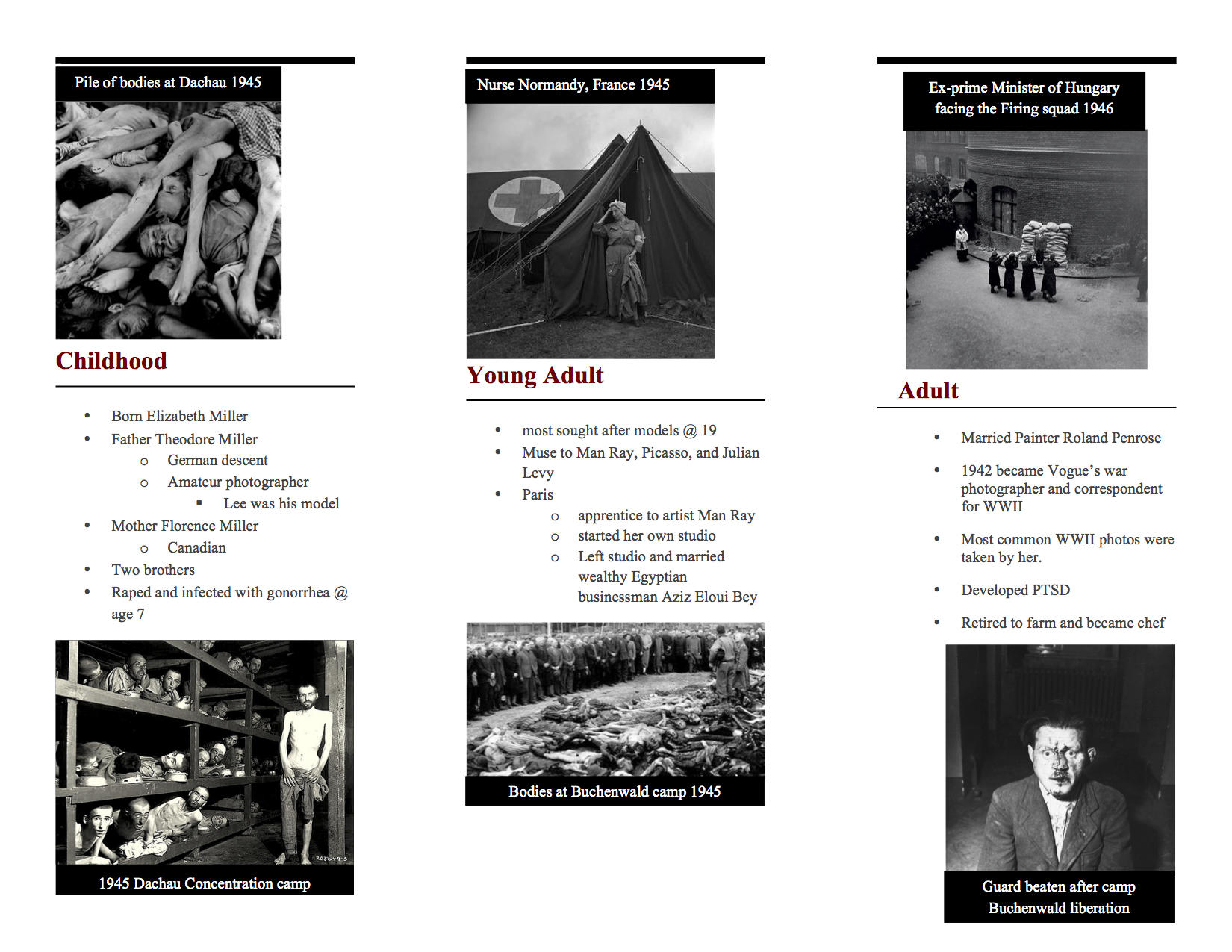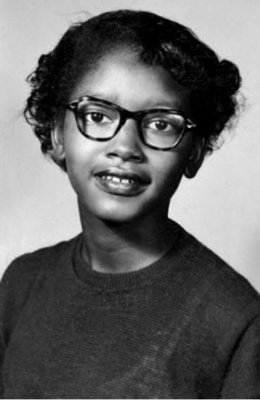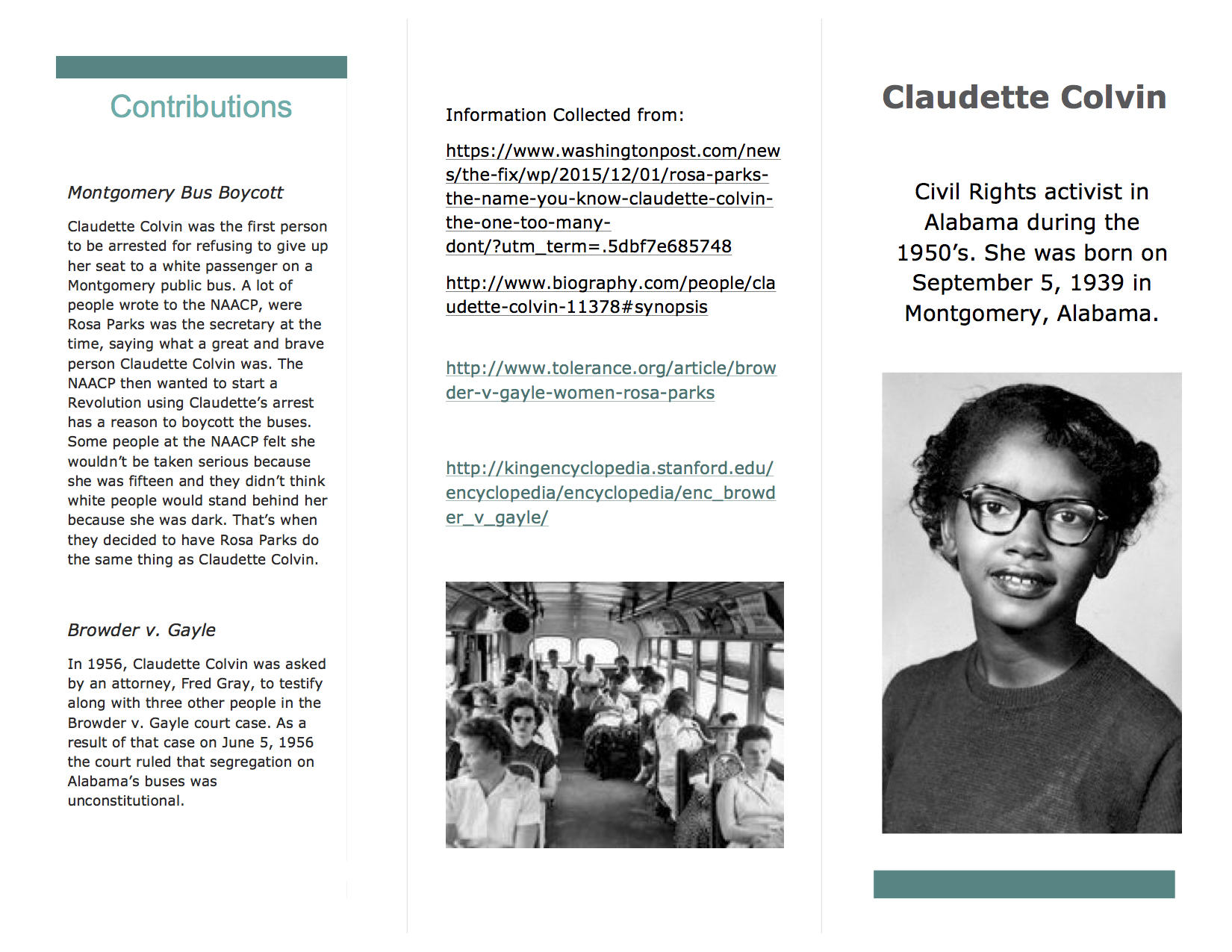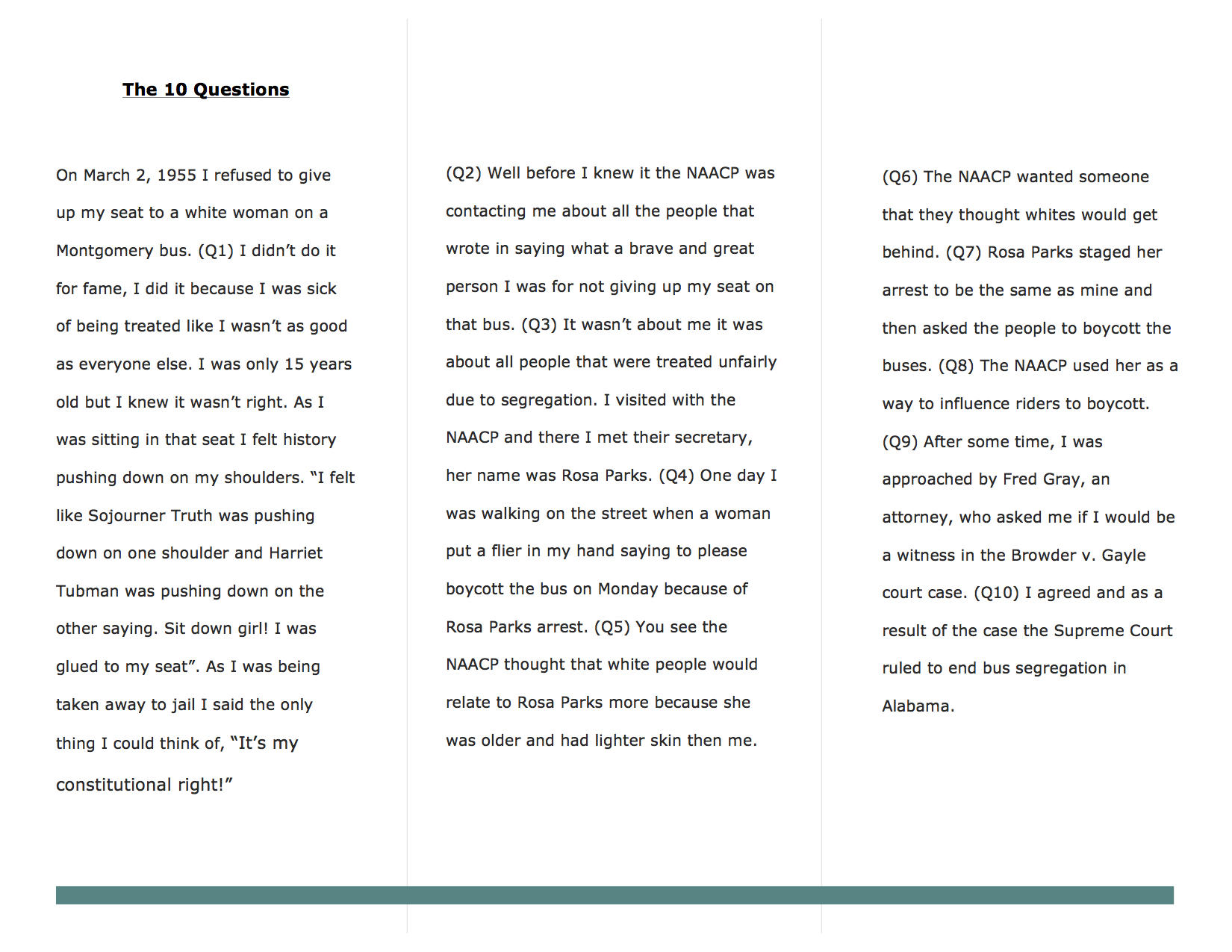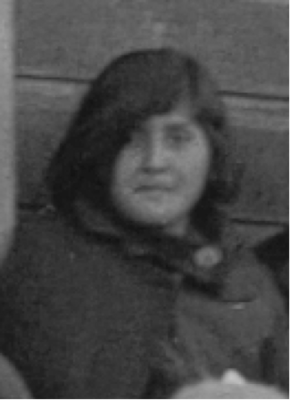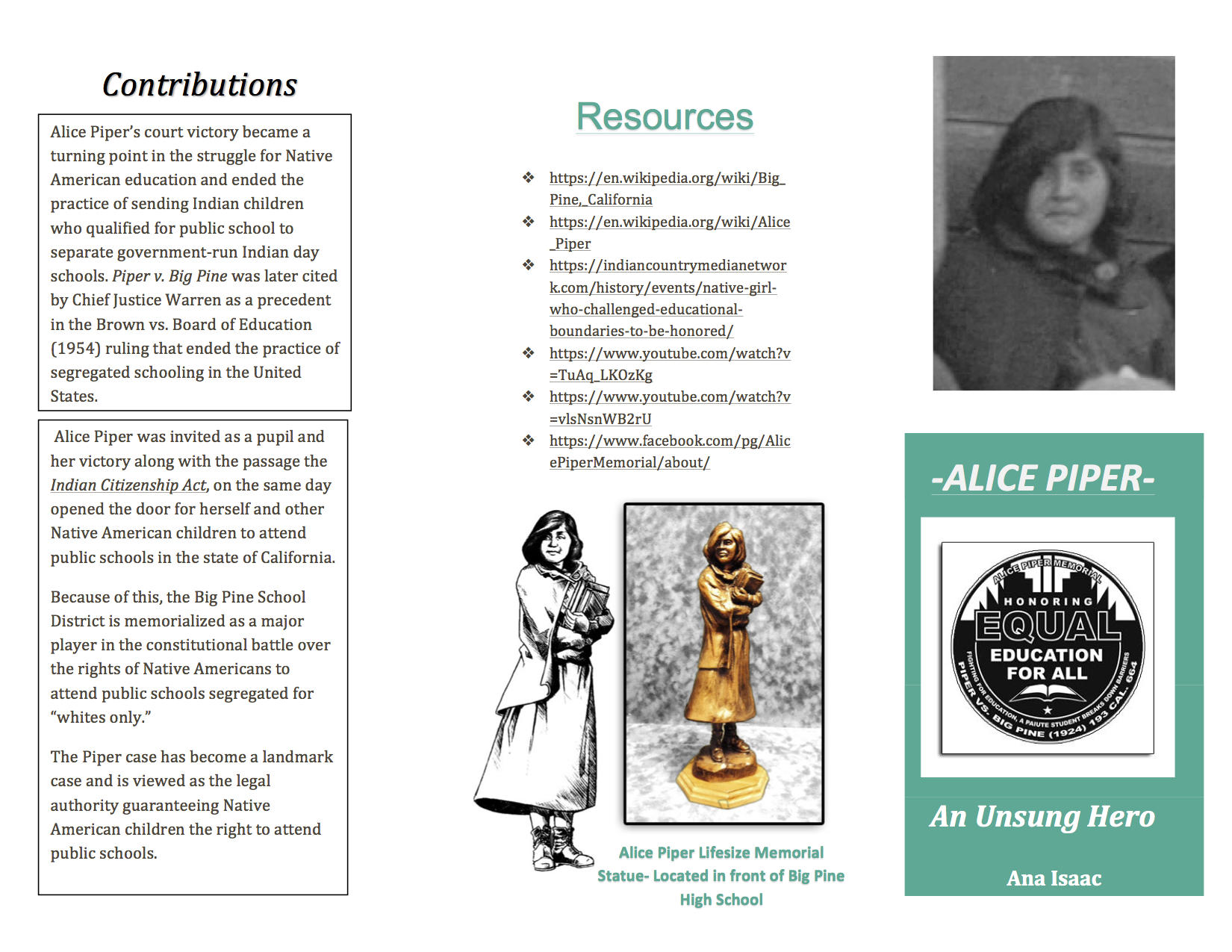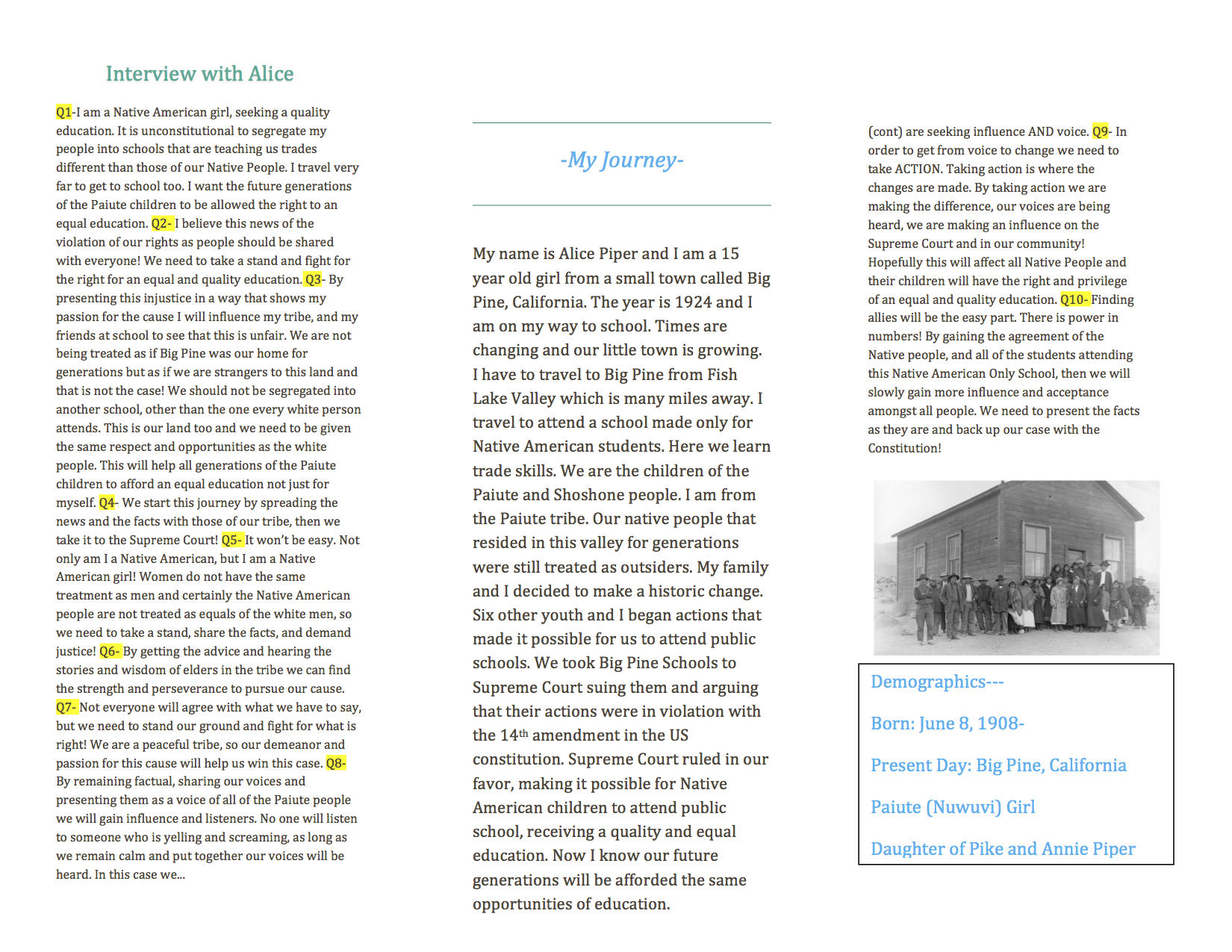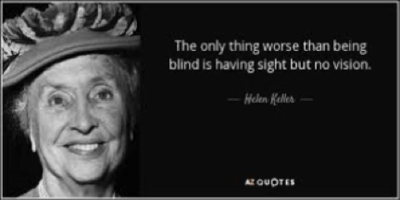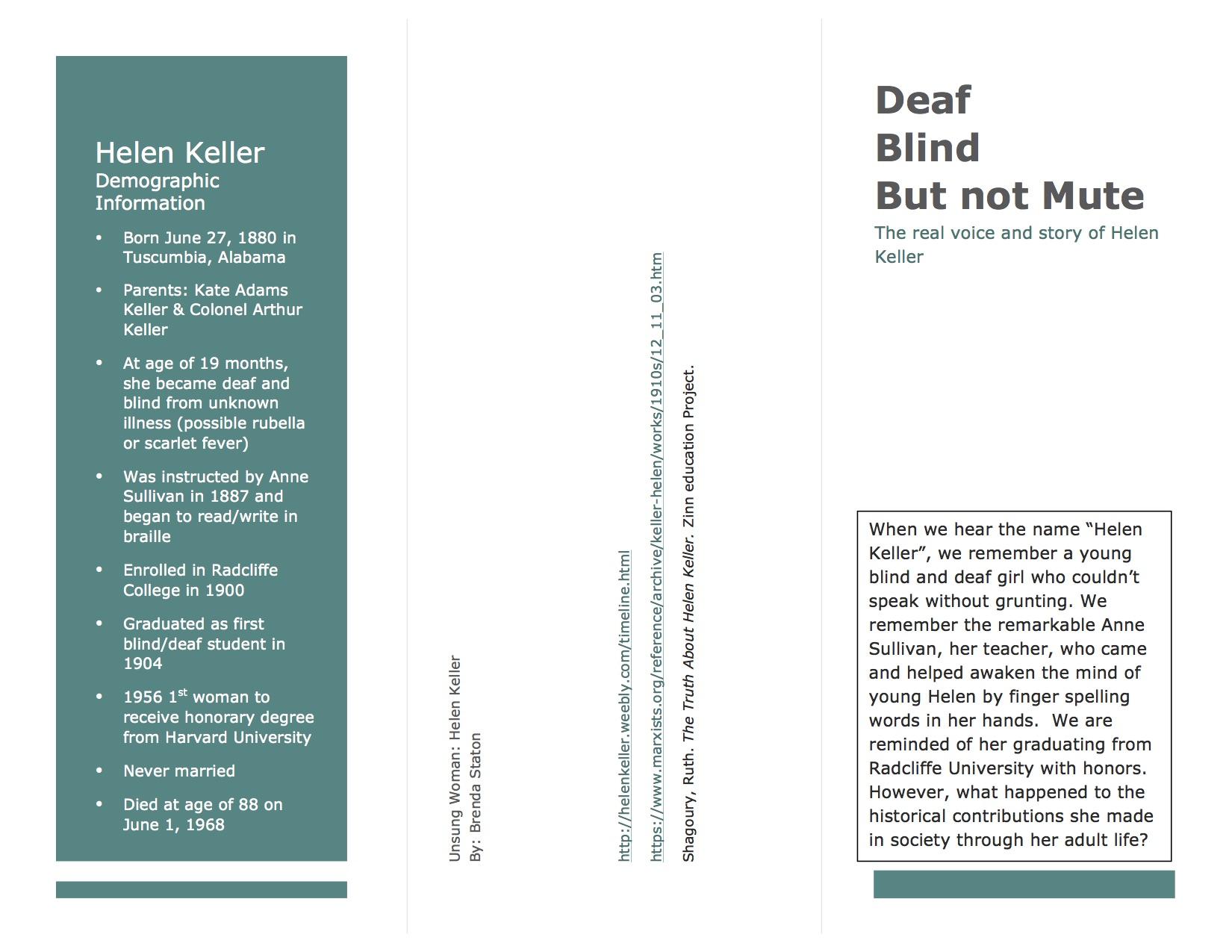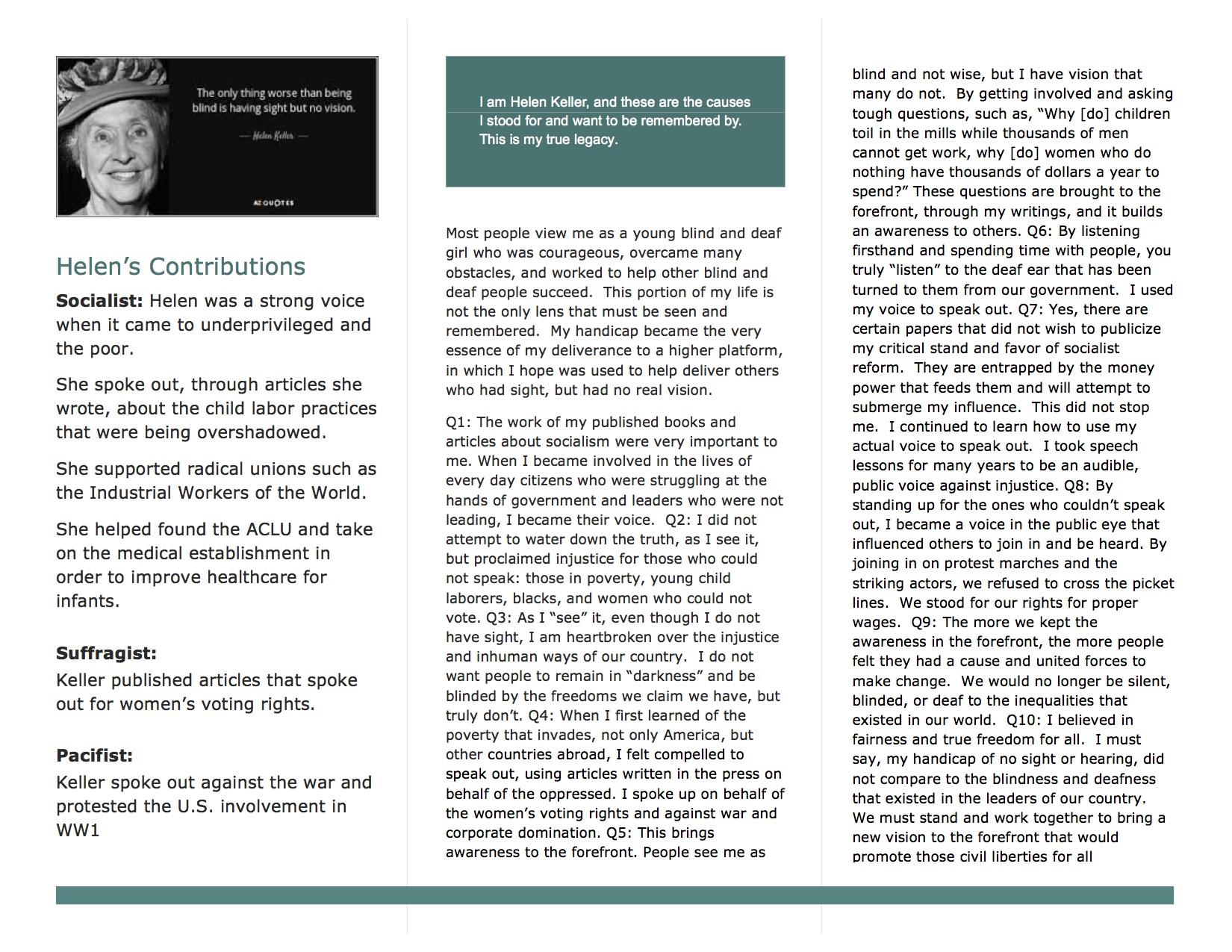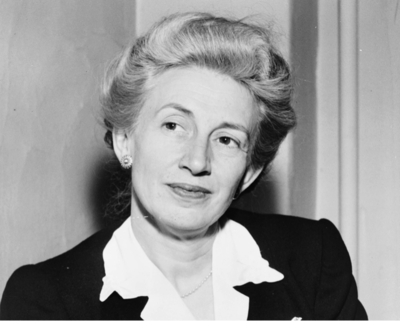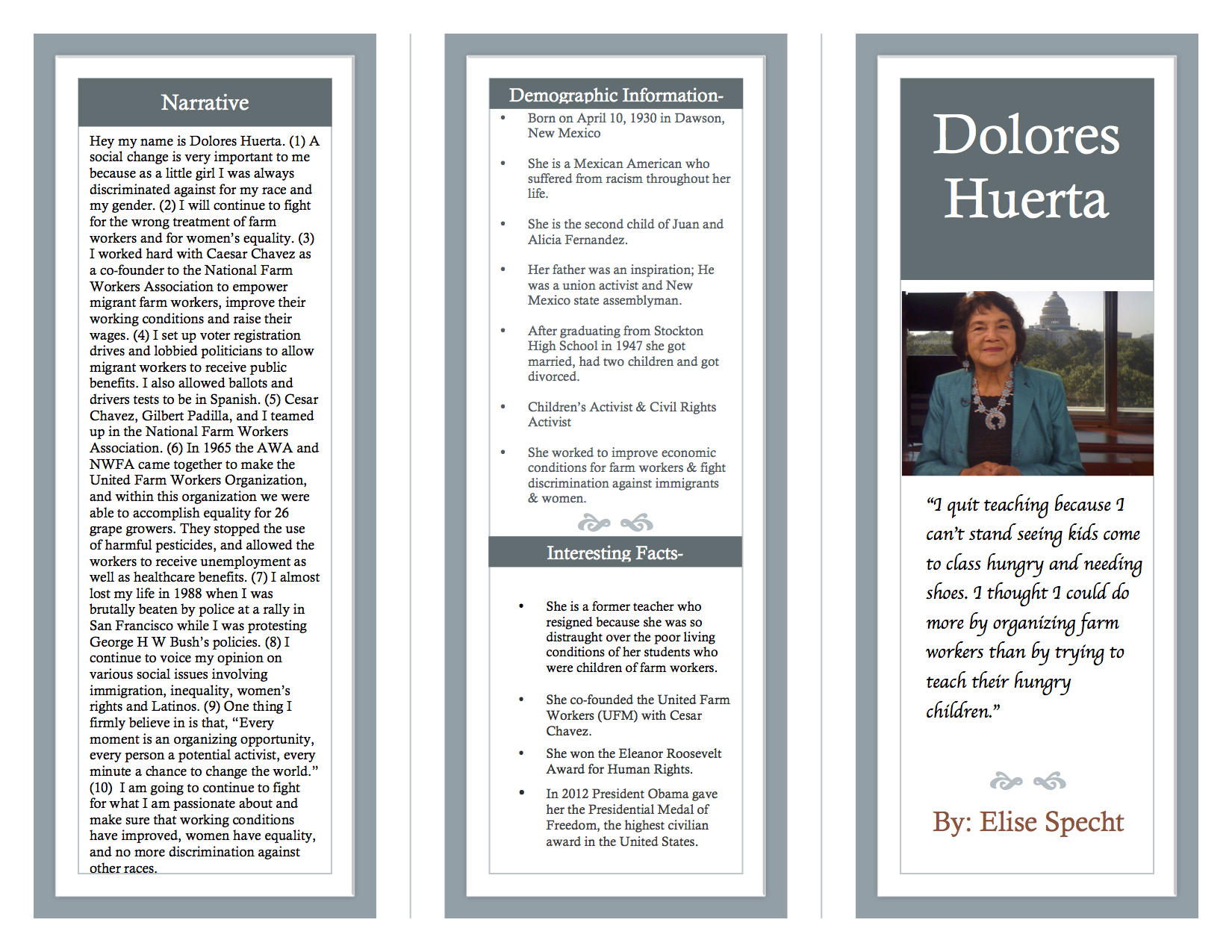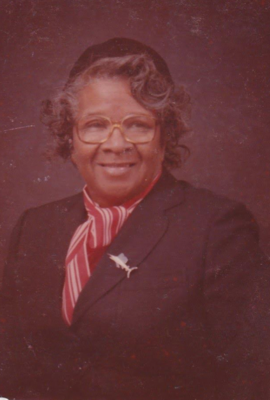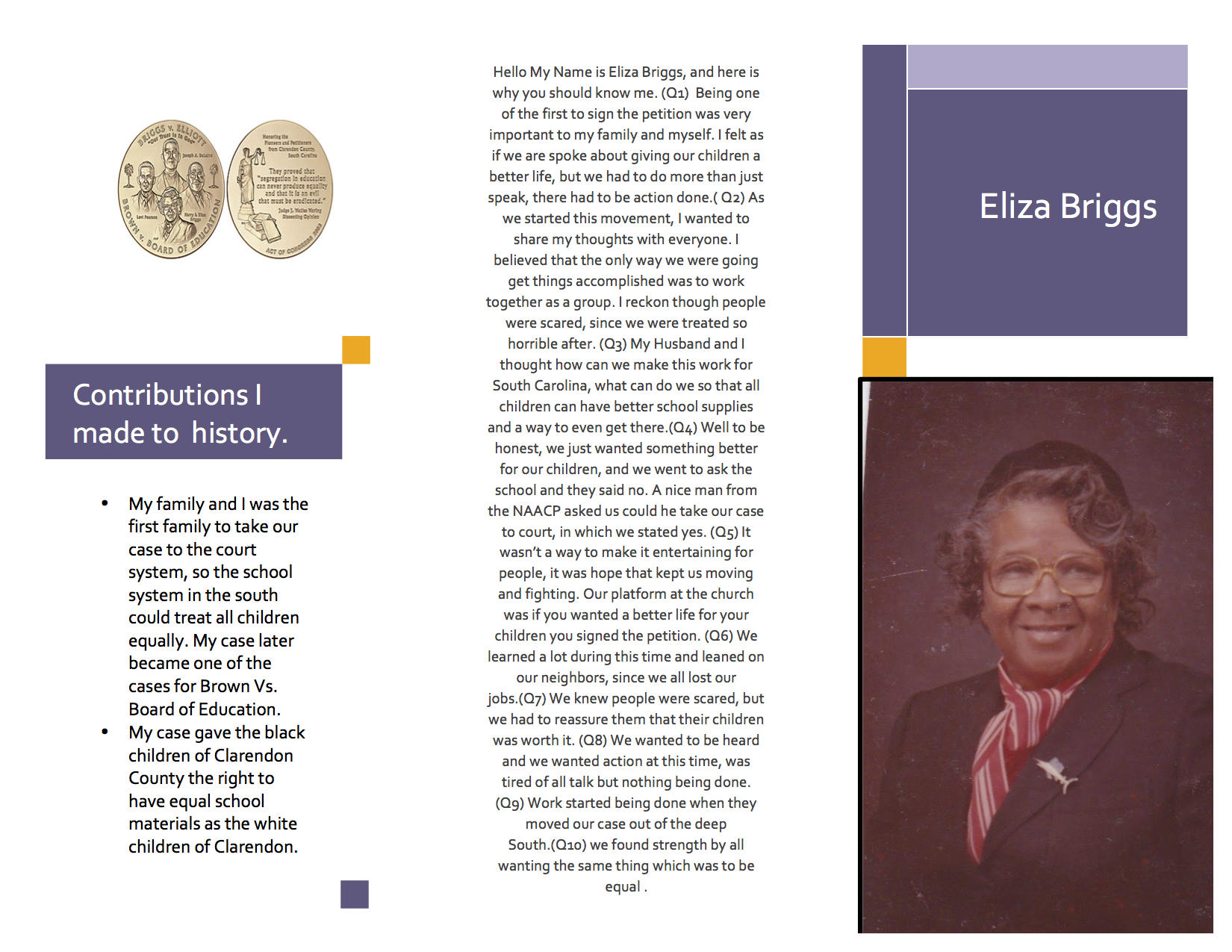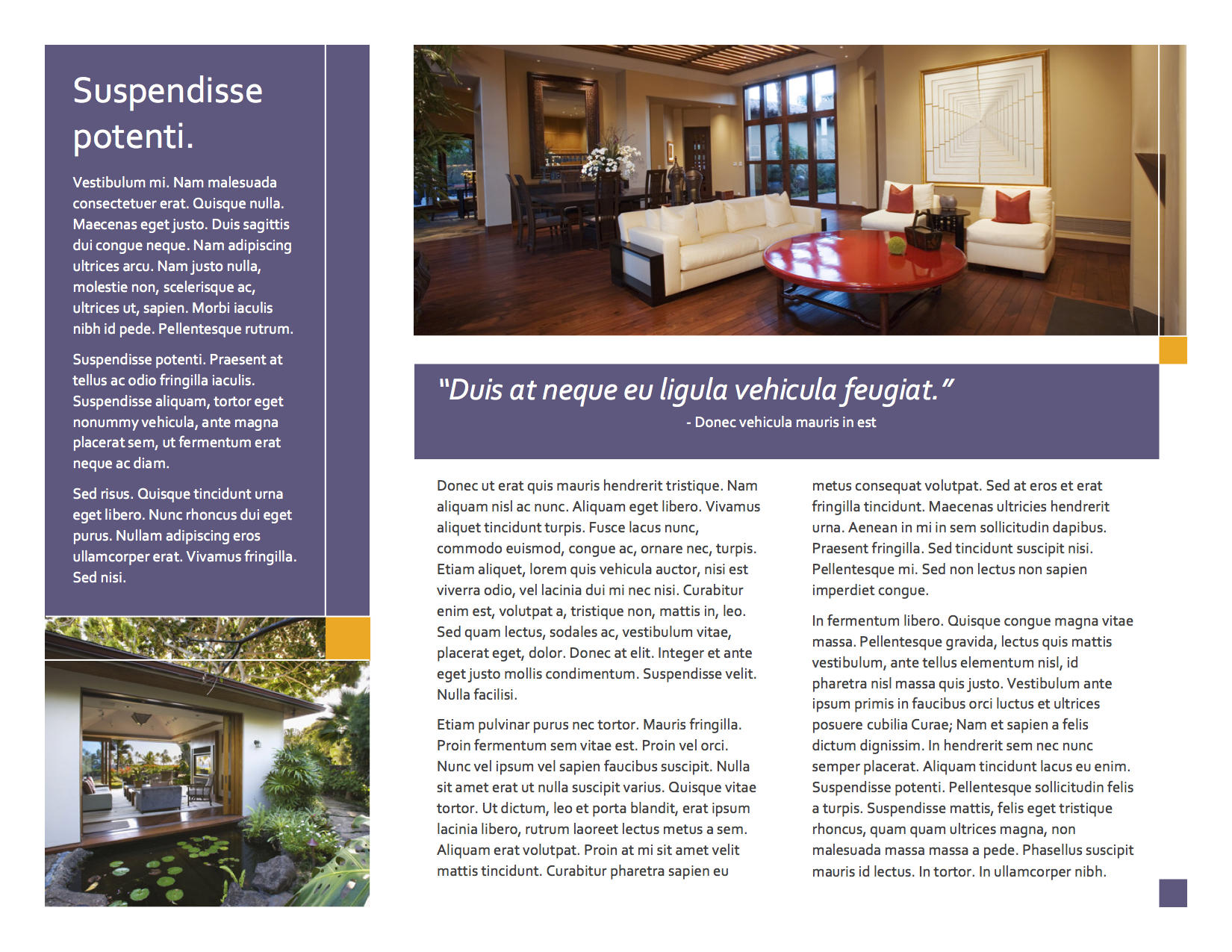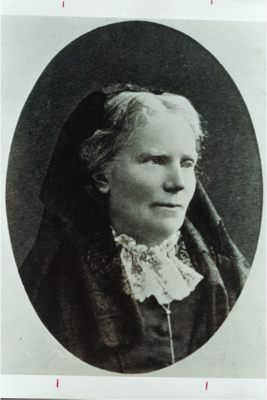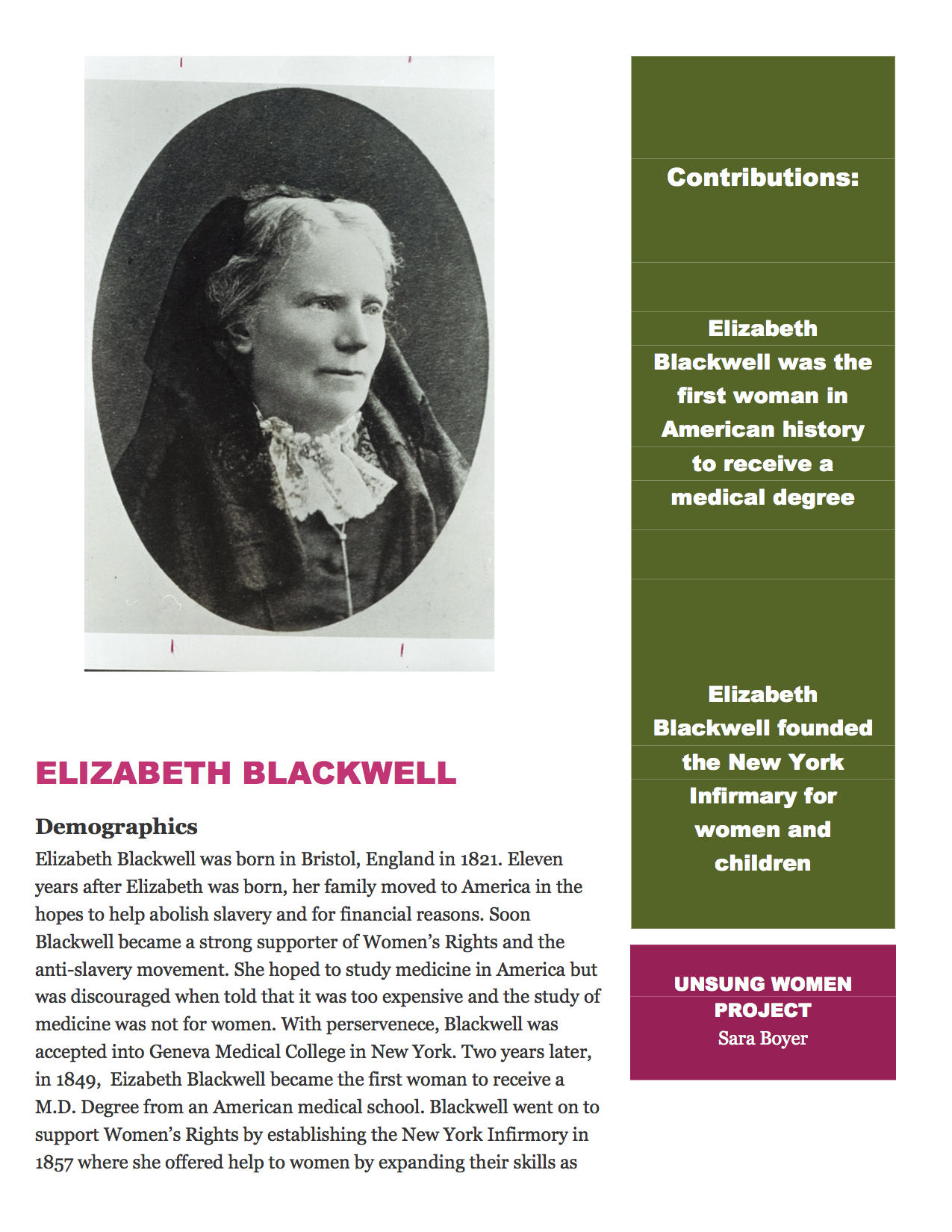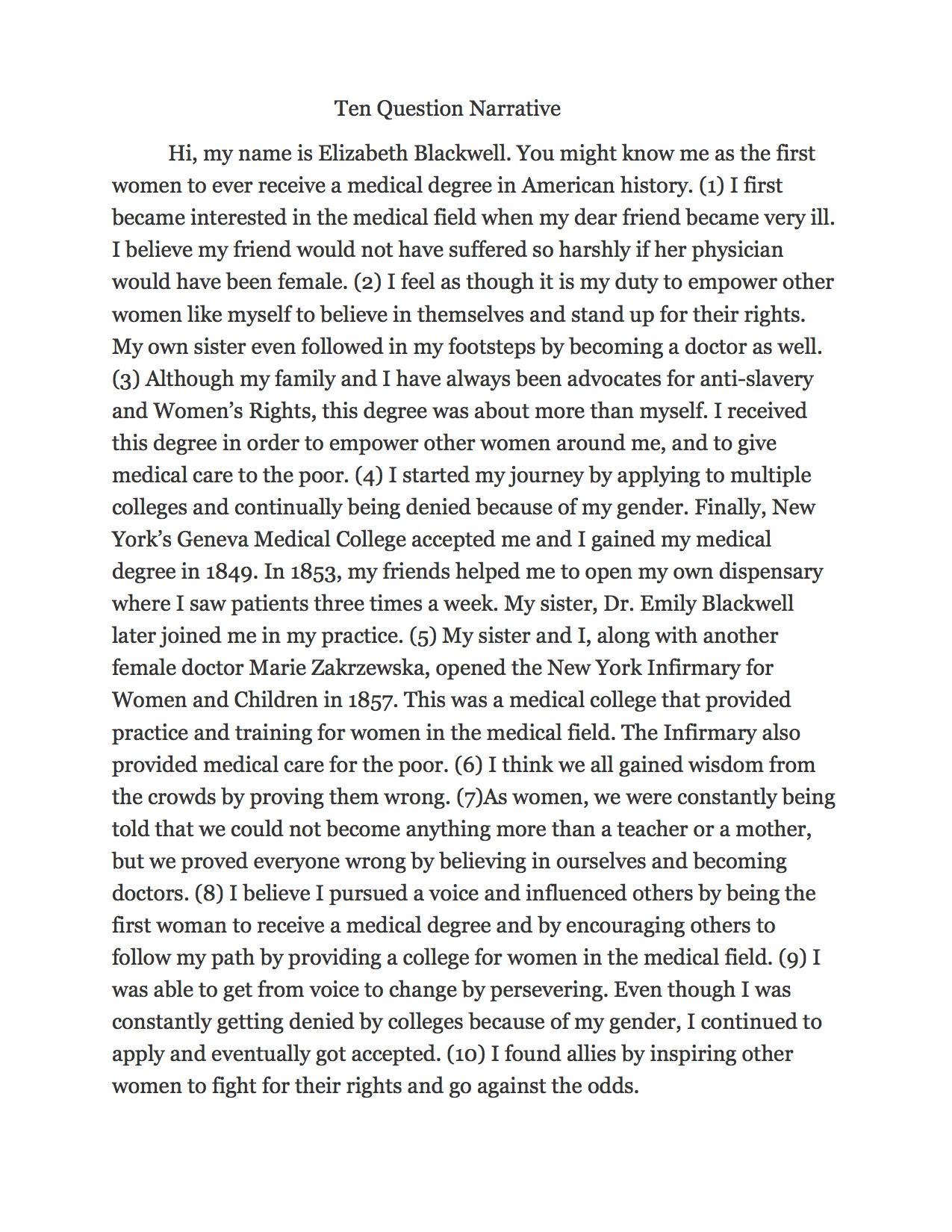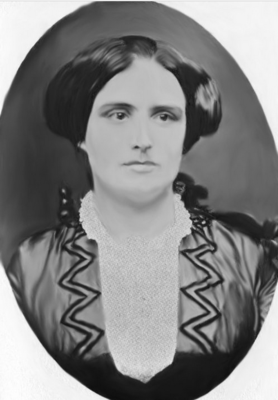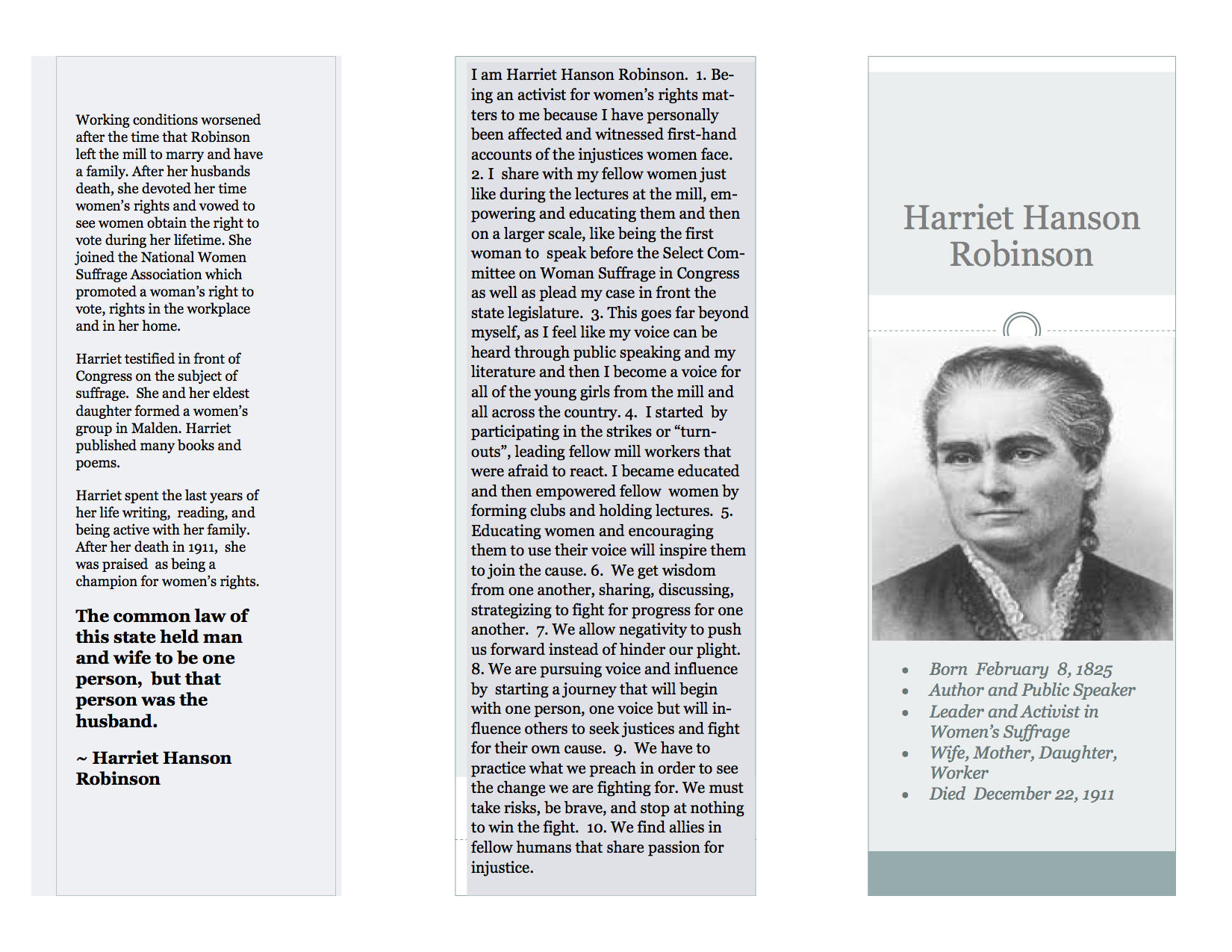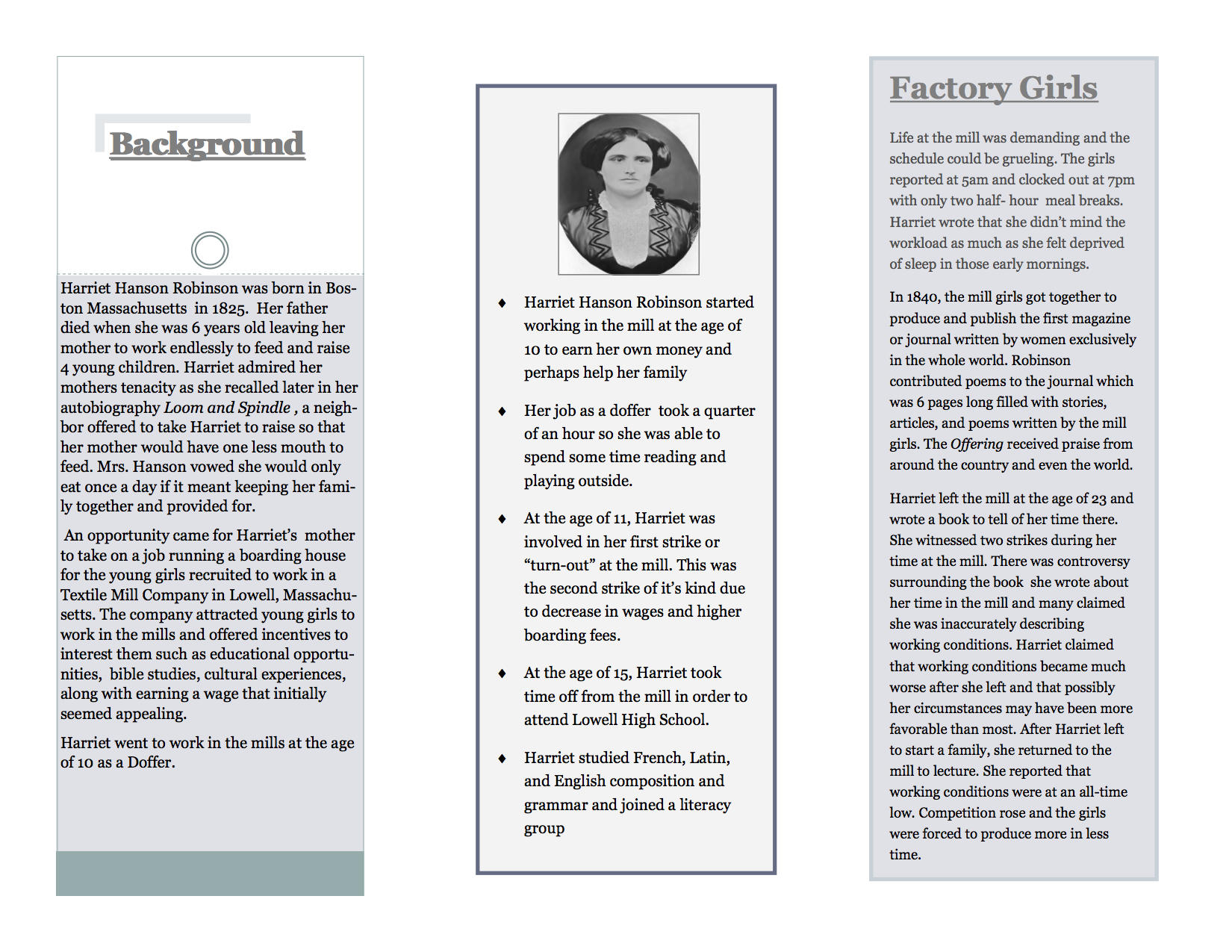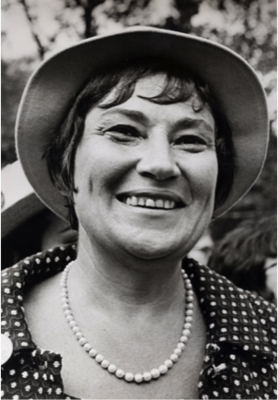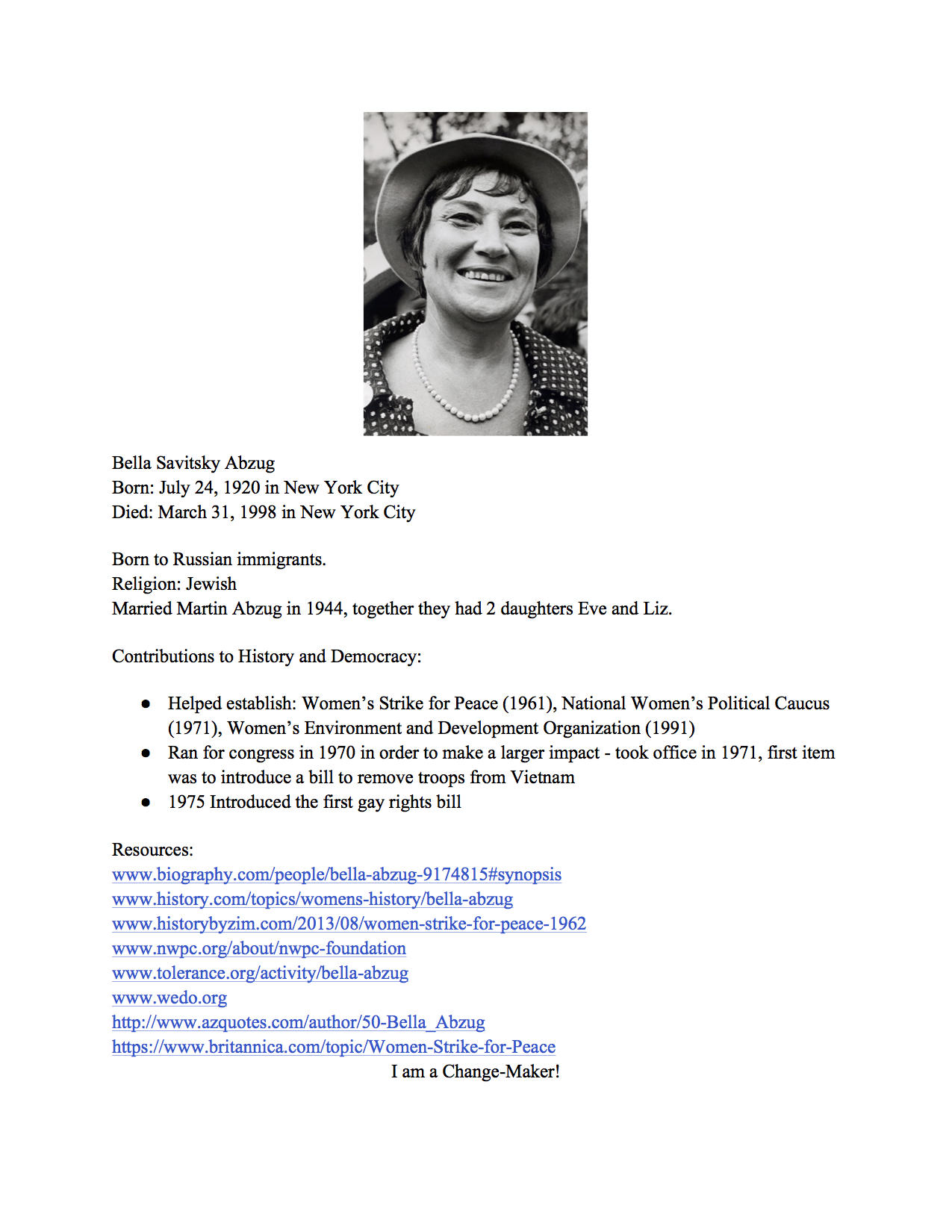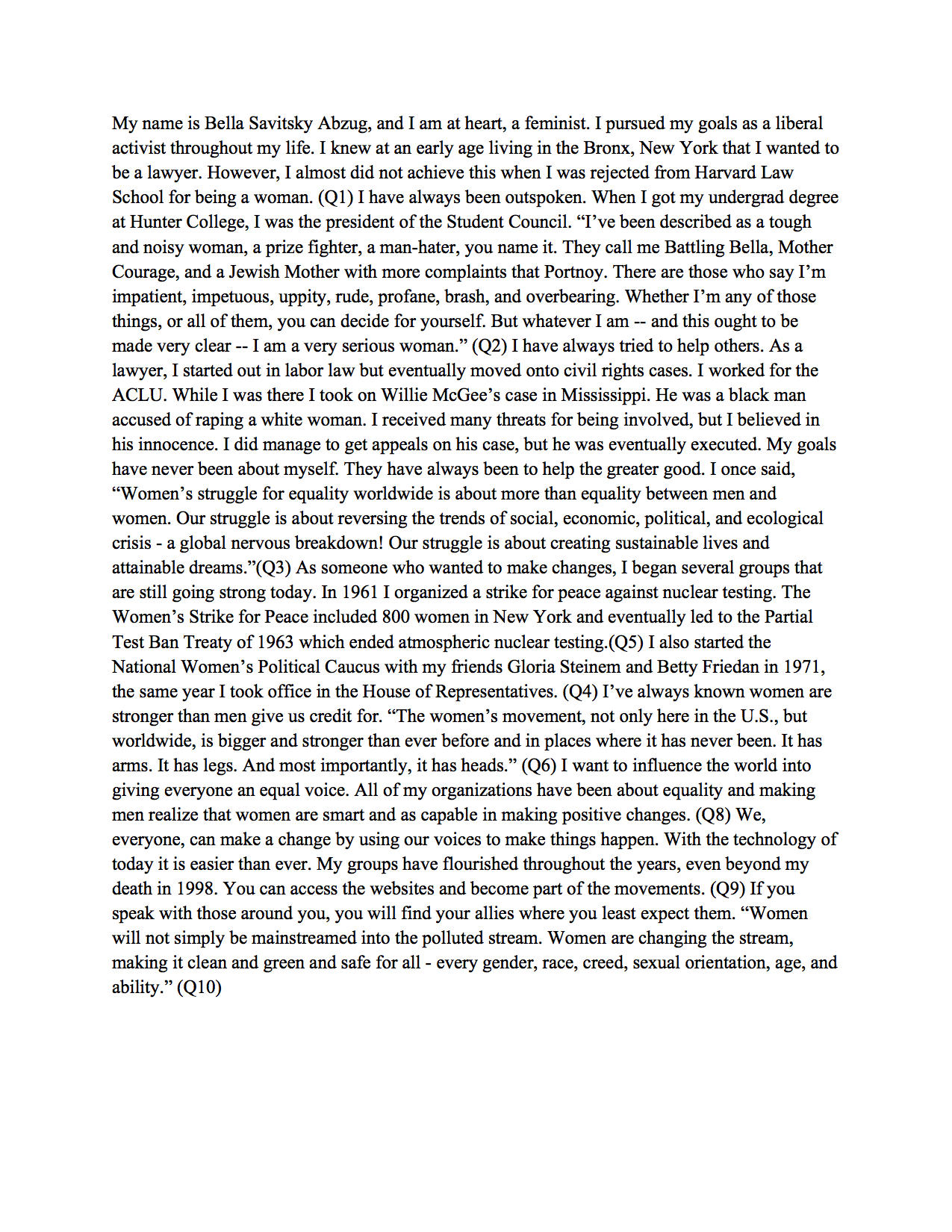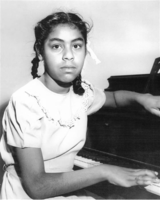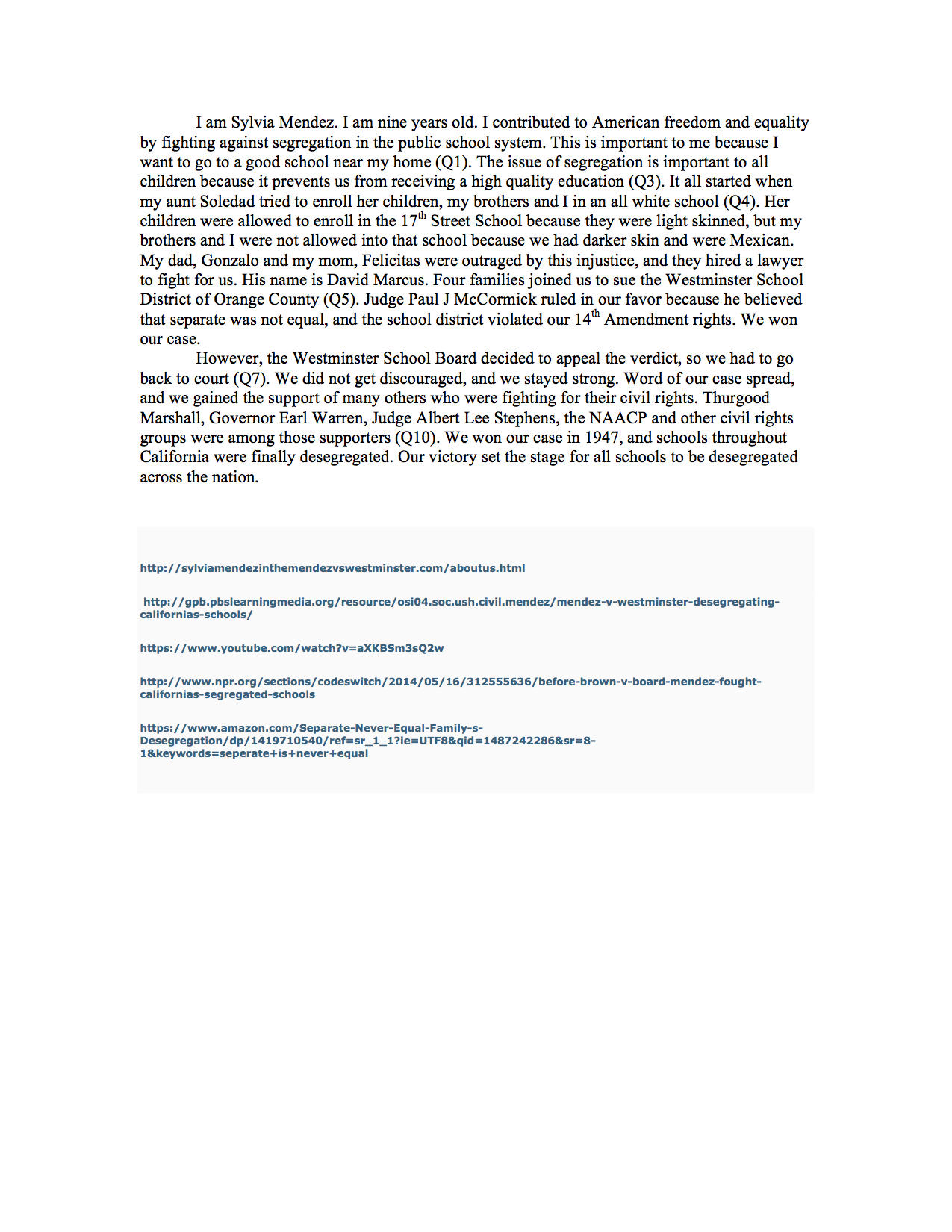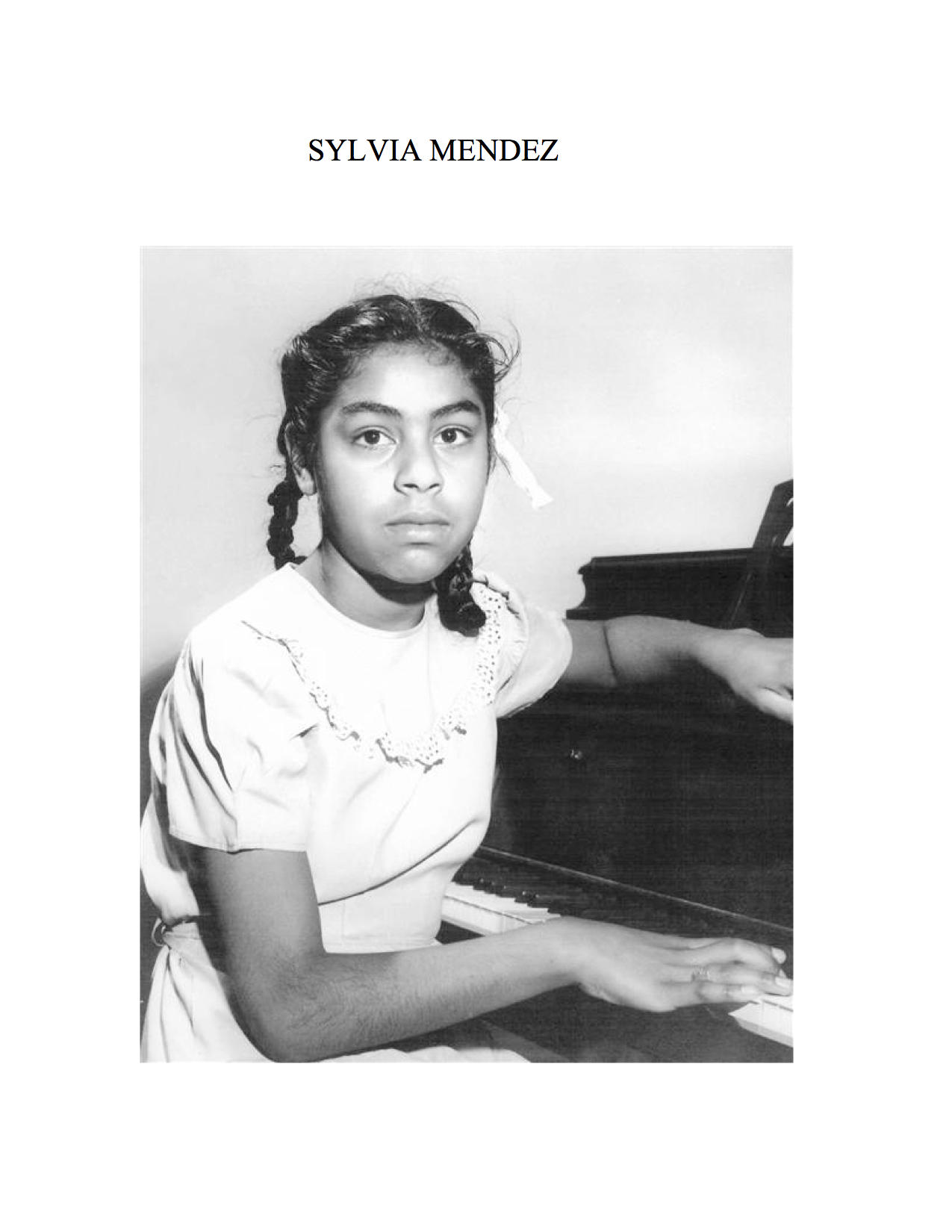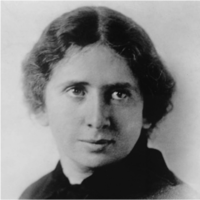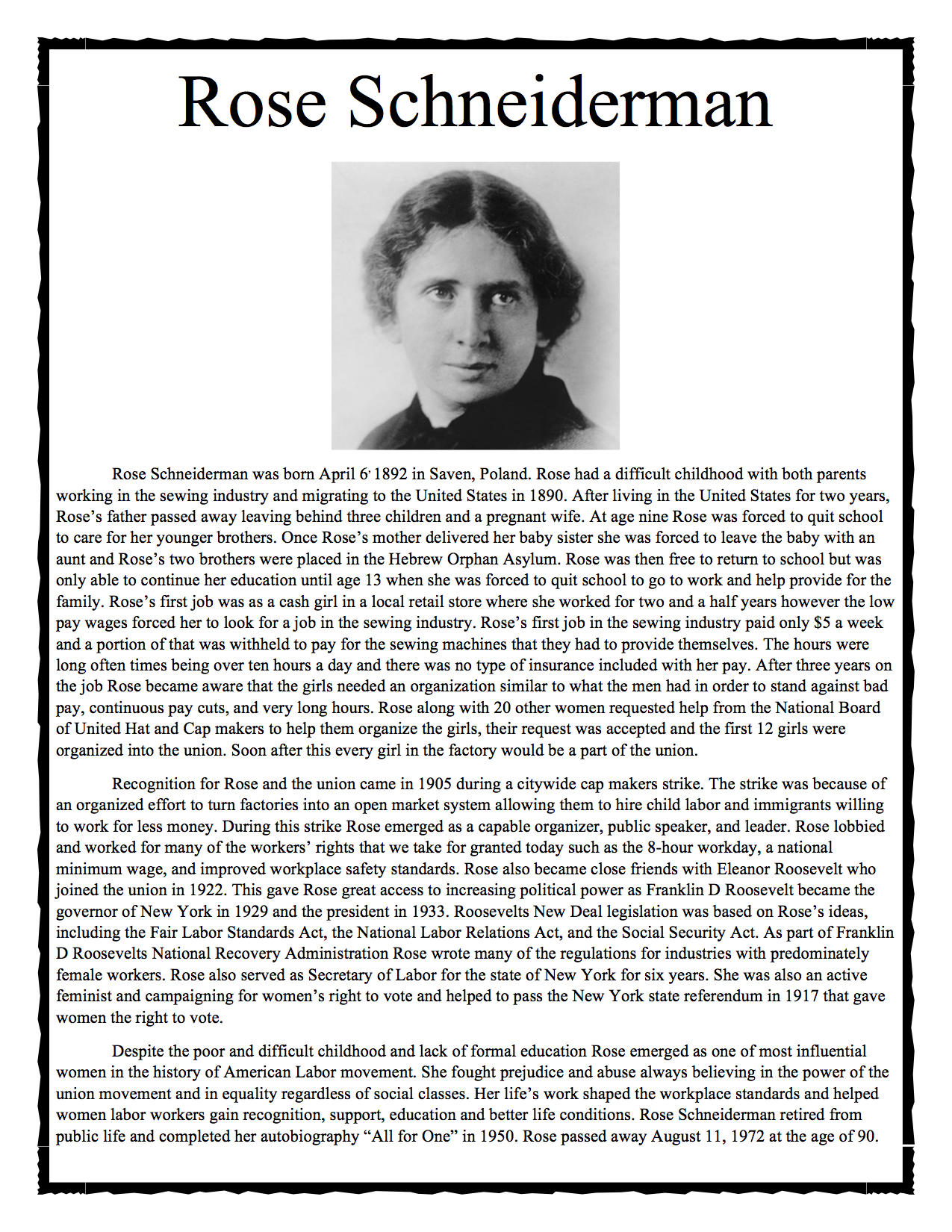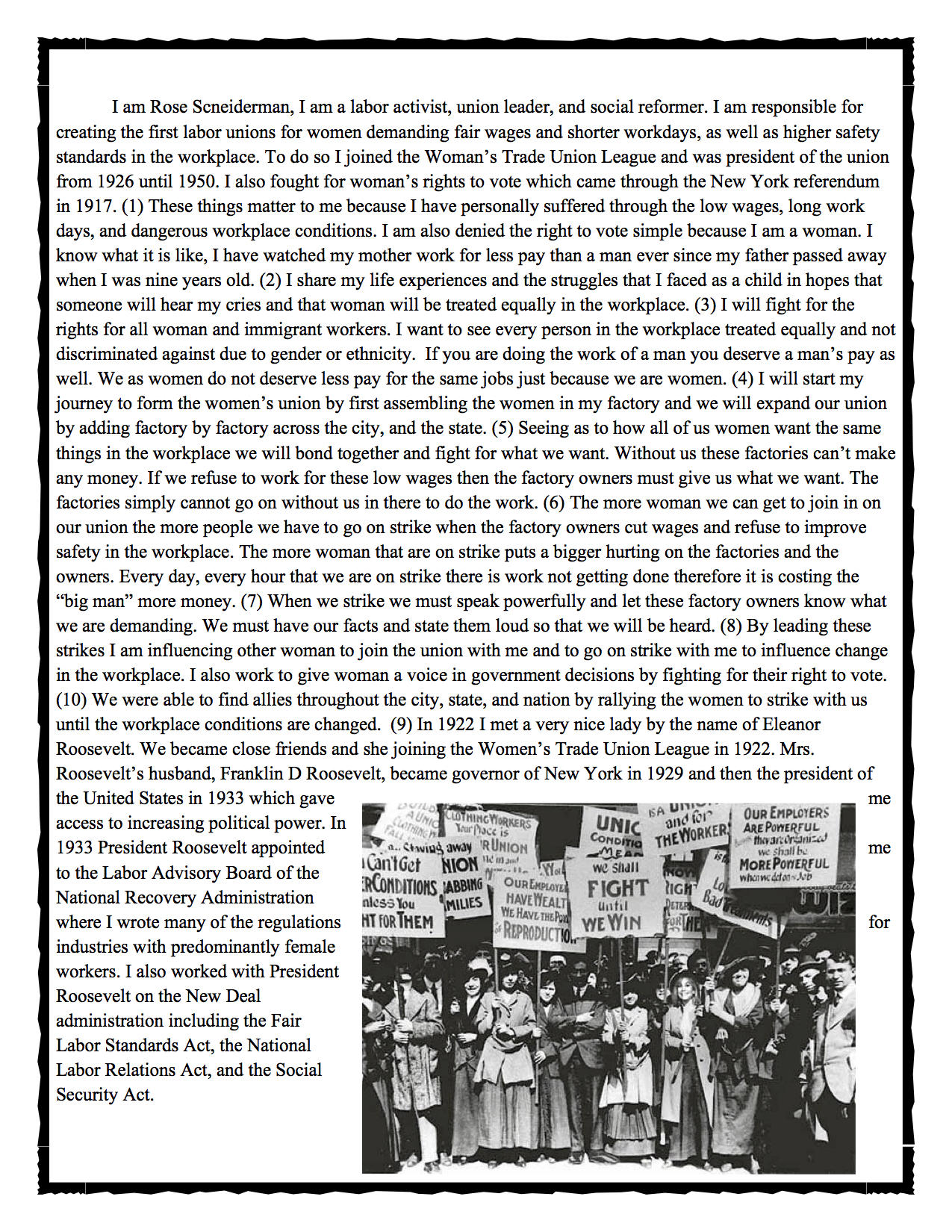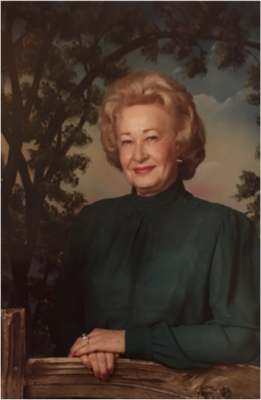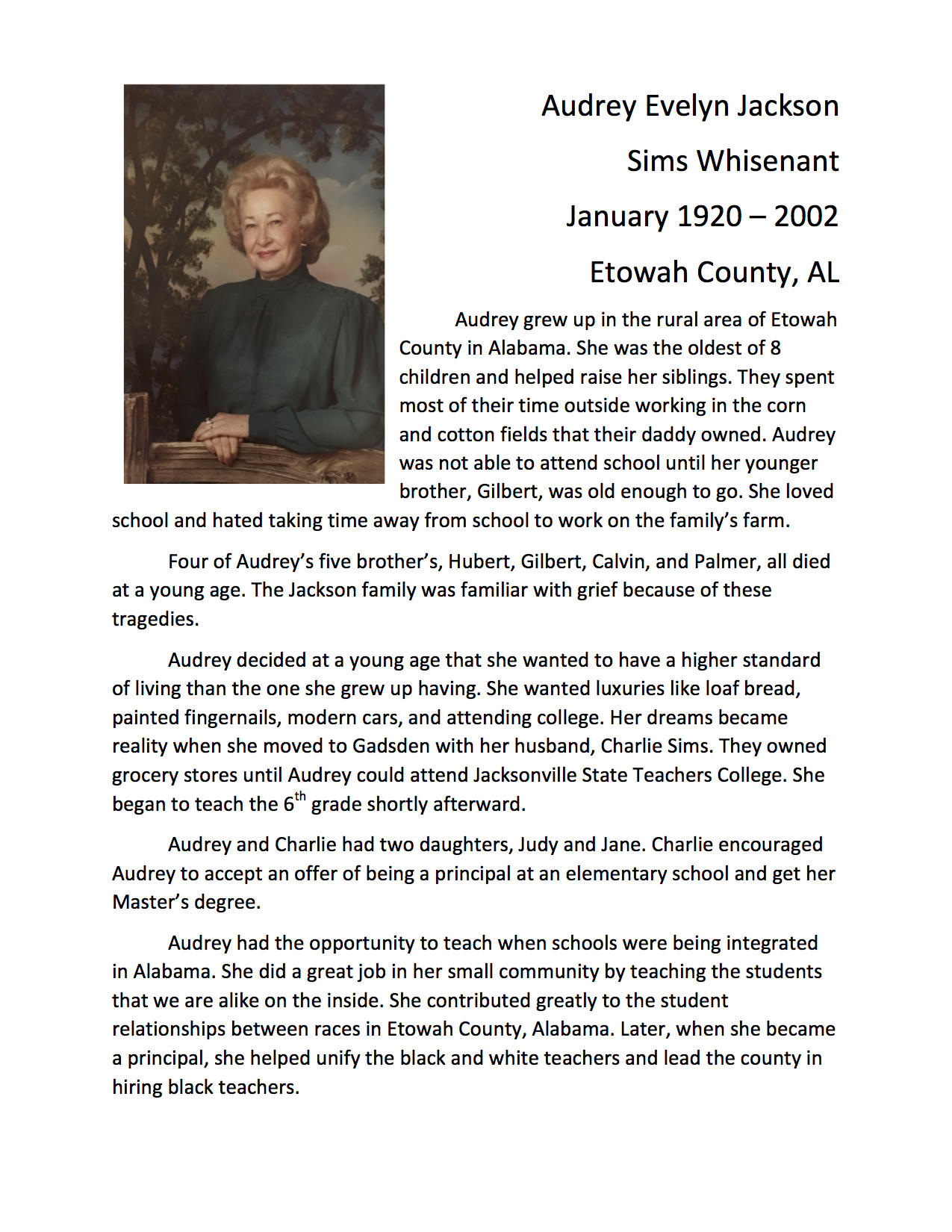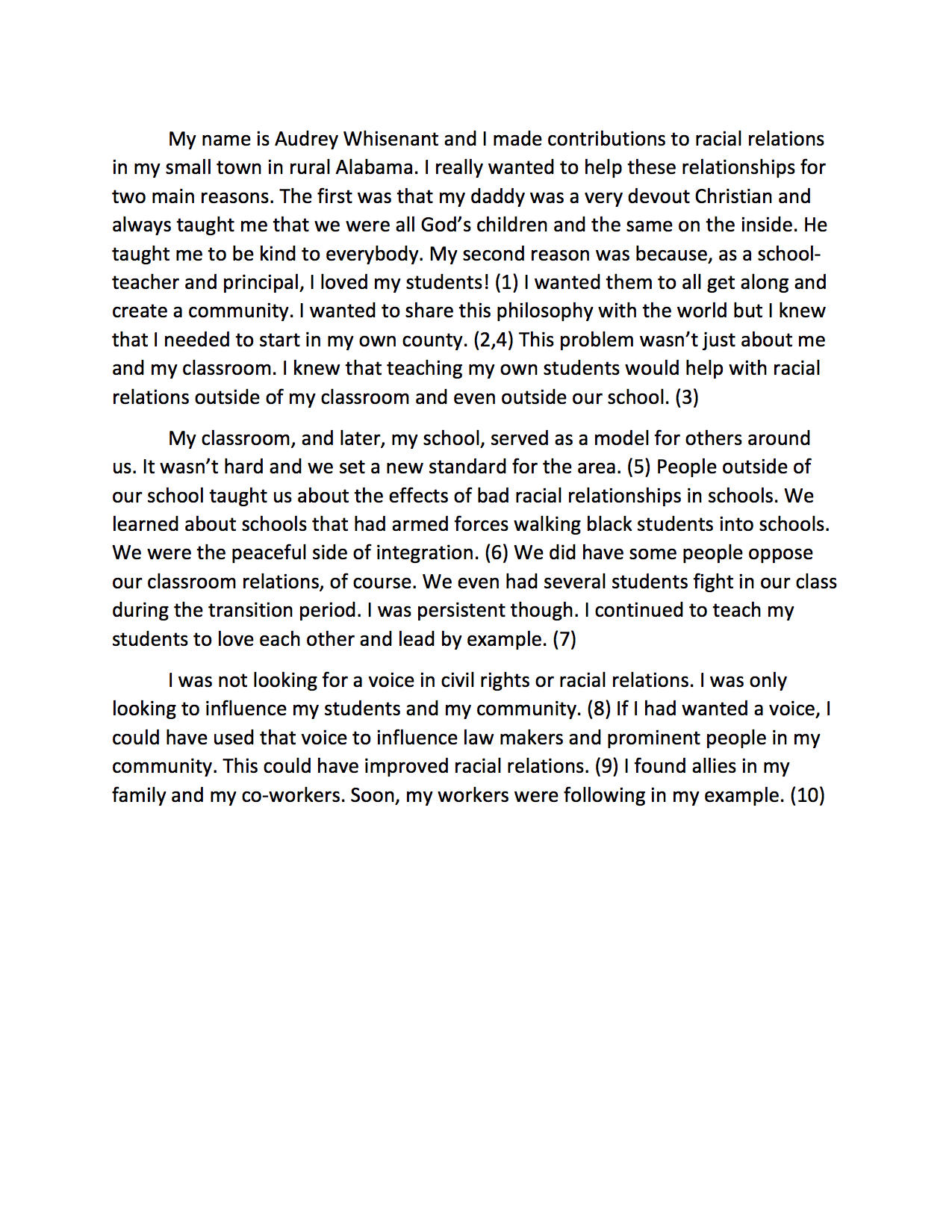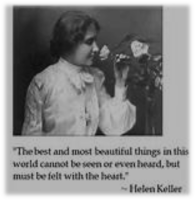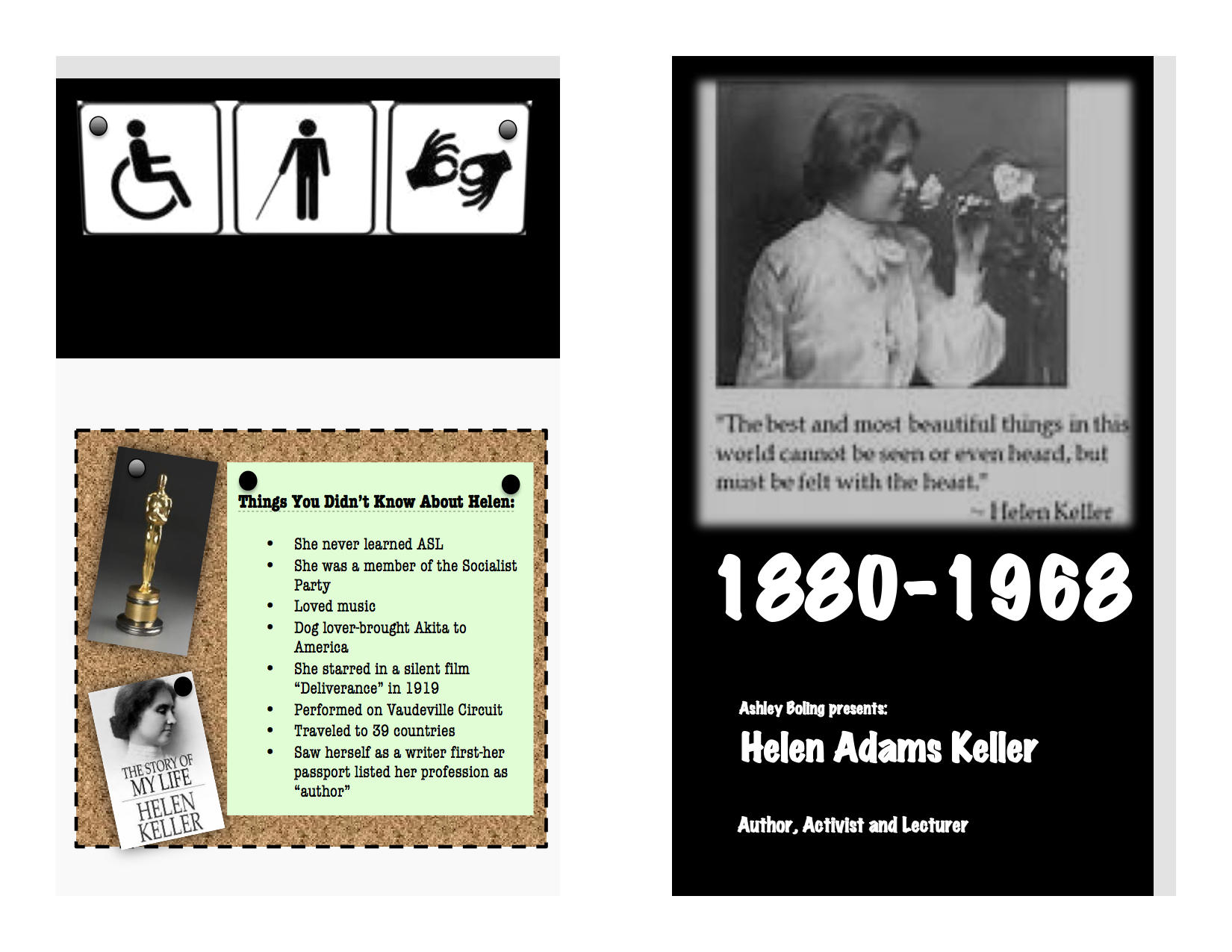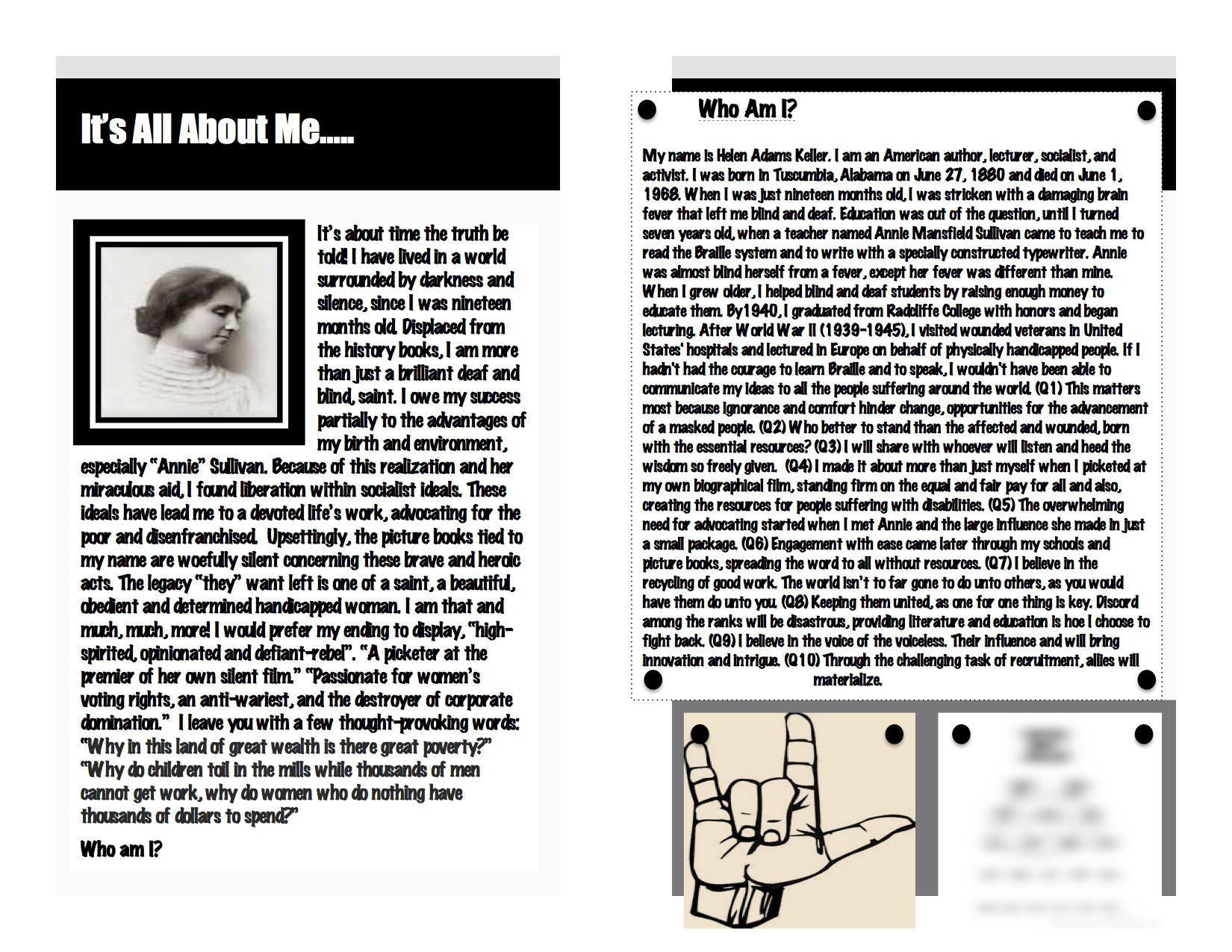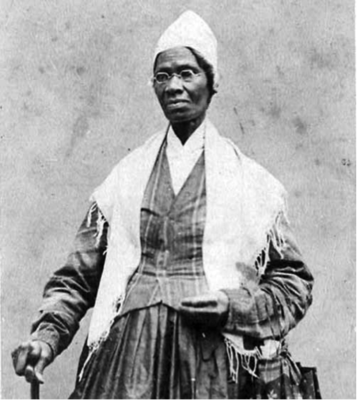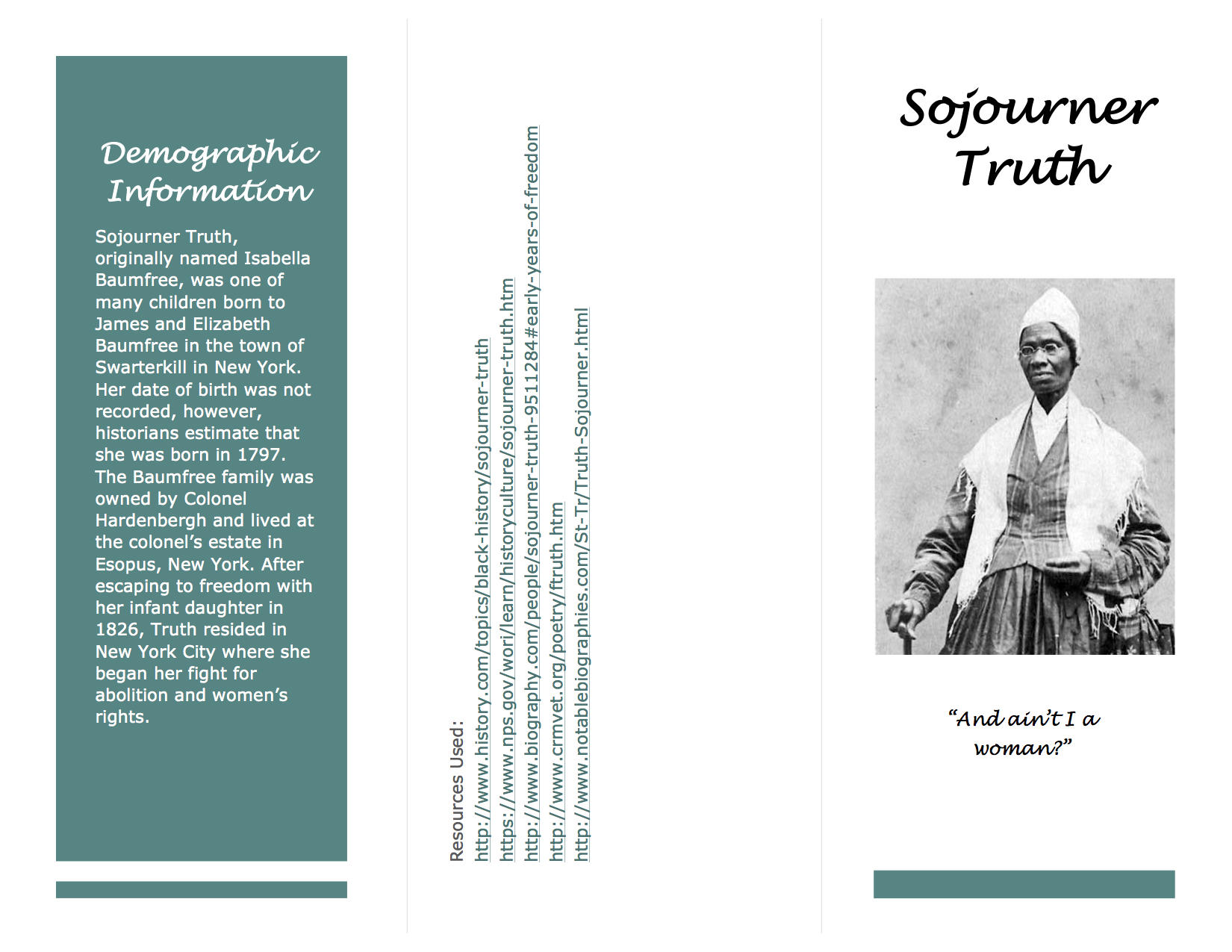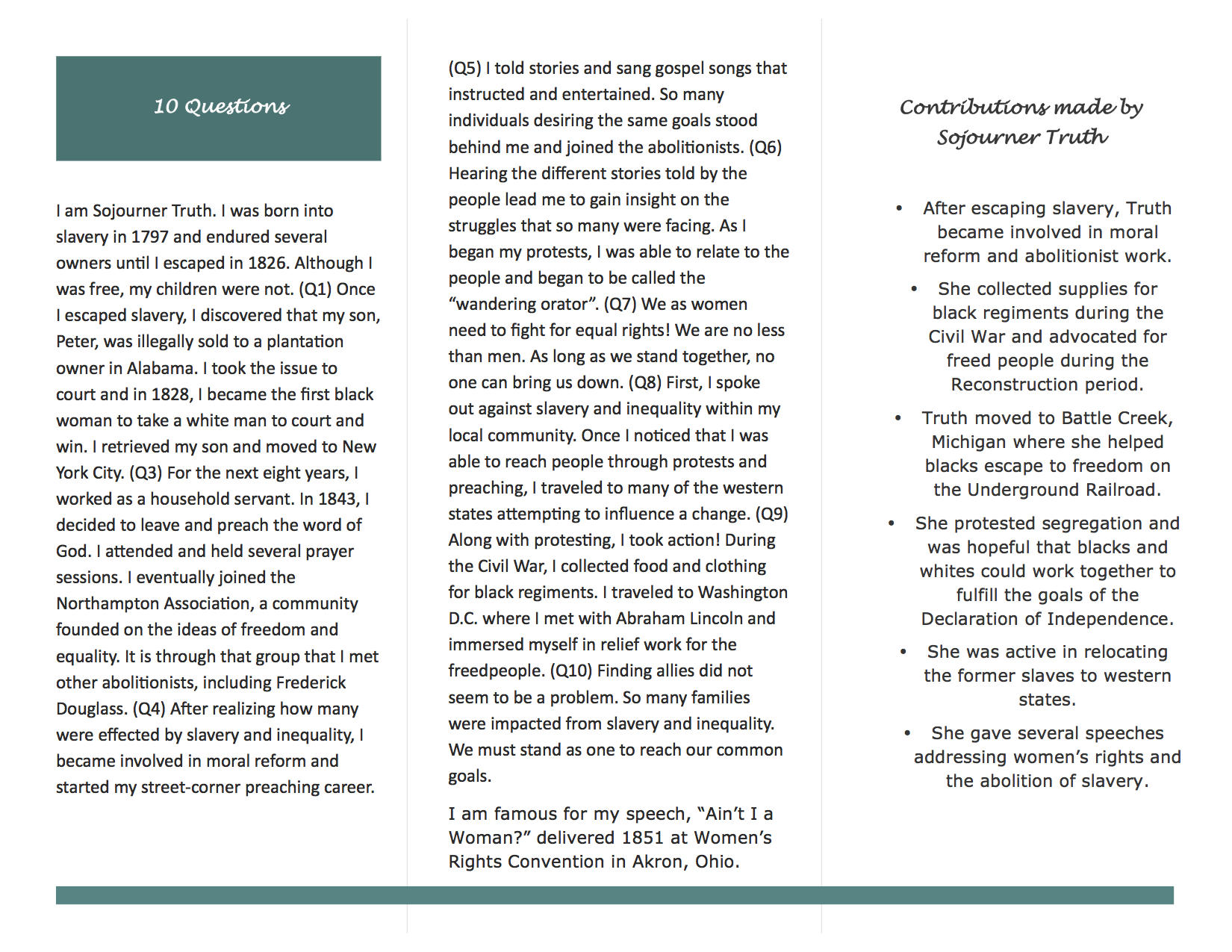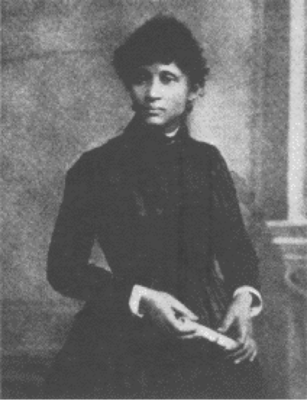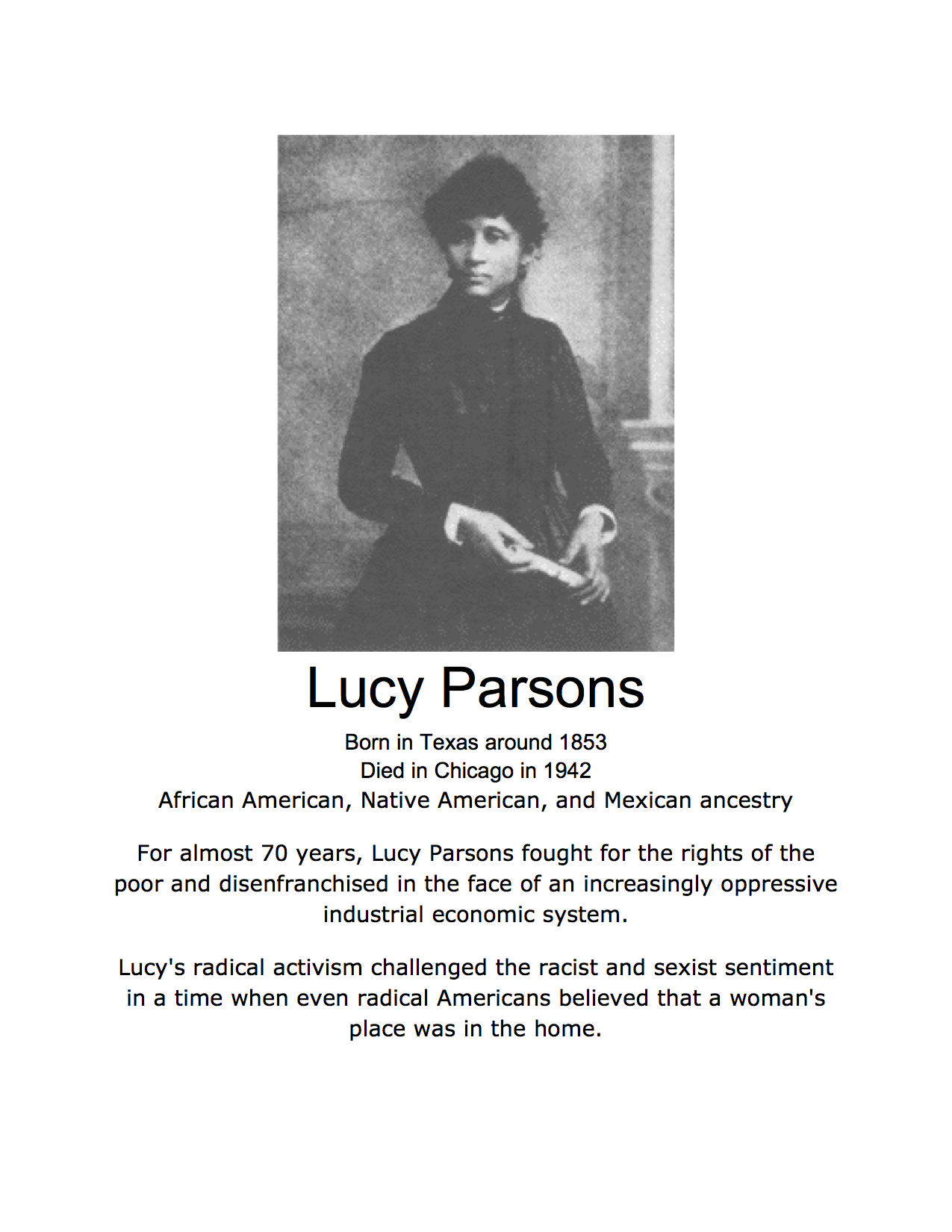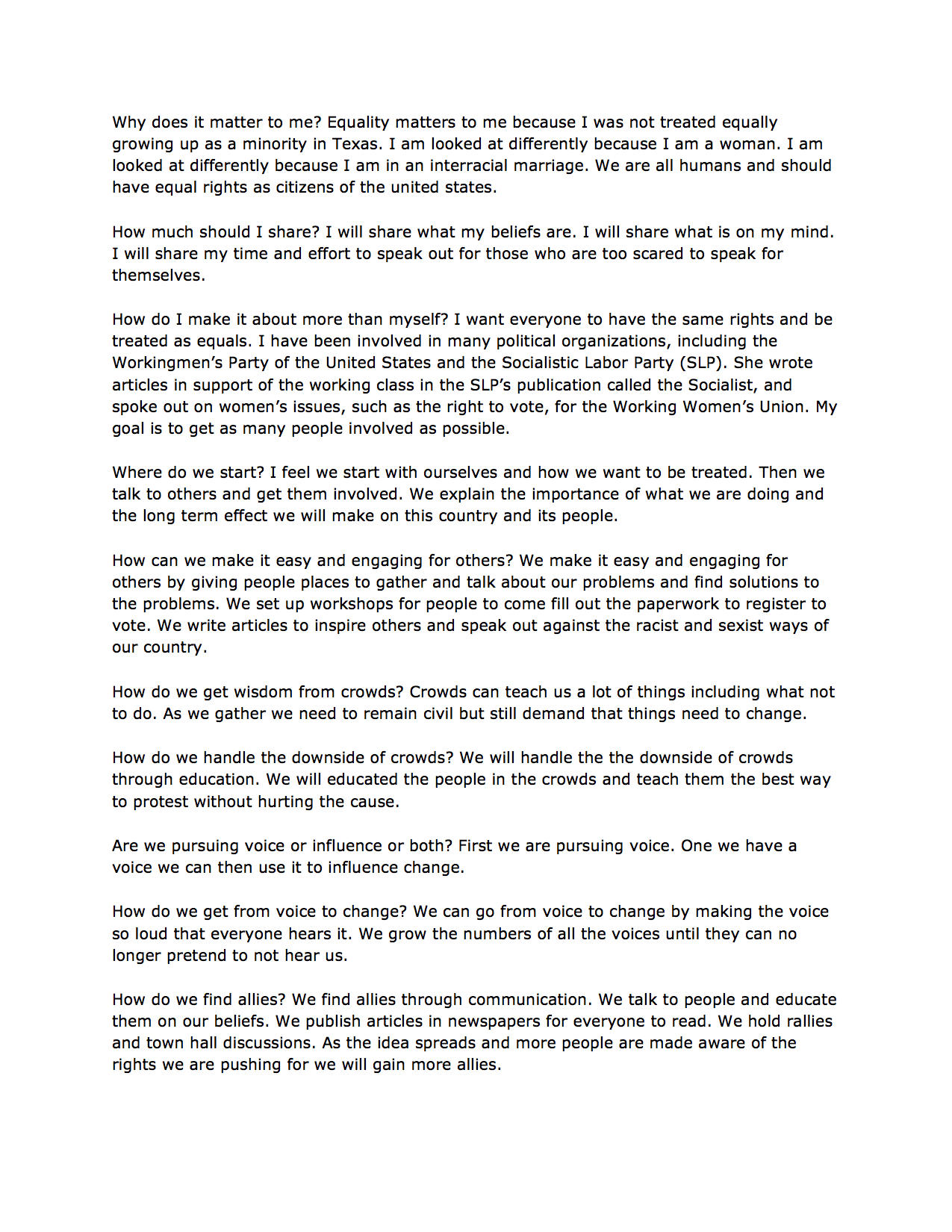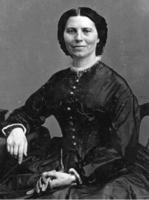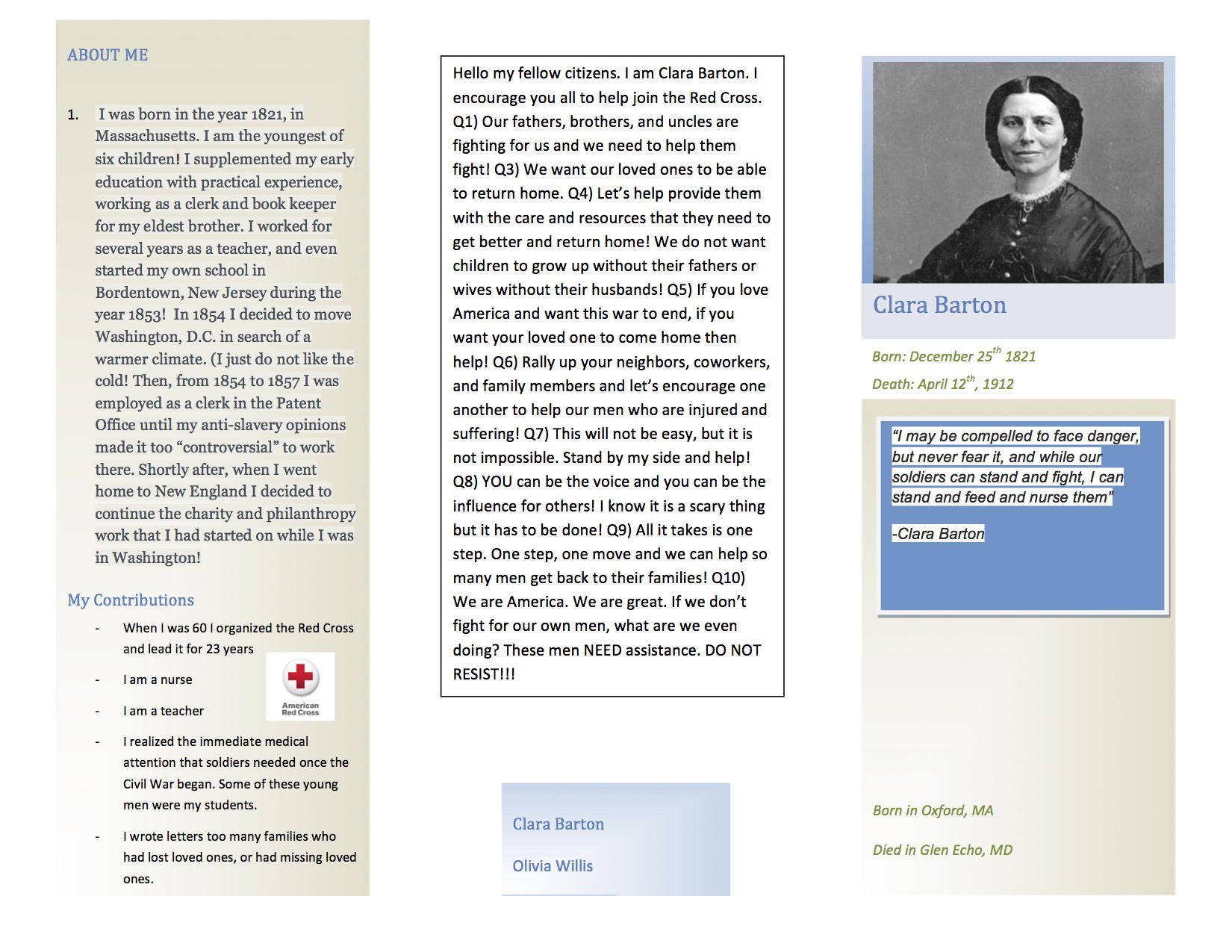Lilliam Smith
Hi, my name is Lillian Eugenia Smith and I was born on December 12, 1897 in Jasper, Florida. I am the seventh of nine children, and we later moved to Clayton, Georgia in 1915 because my father lost his turpentine mills. In my young adult life, I loved music and I taught for five years. I pursued going to college at Piedmont College and received two stints at the Peabody Conservatory in Baltimore in 1917 and 1919. After that, I started publishing in a small magazine organization that strongly encouraged writers (black or white) to offer honest assessments on modern southern life.
(Q1) Even though I came from a middle-class, southern, white, and American family, I saw what was going on around me. I knew in my heart this these terrible actions were not right. I saw racism acts being done, unfair treatment of so many different ethnicities, and I saw inequality of race and gender all around the spectrum! For me, a white American woman, I struggled having a voice for quite some time but eventually, enough is enough. I know I wanted to try to help other people and help myself find a voice for what really mattered in life.
(Q2) I shared a lot of unfiltered and nasty information throughout my writing because the truth is the truth. Why sugarcoat things when these actions are really being done? I wanted to share all the true information I could to help people be heard, helps others find their way, and having the hope that I could make a difference in making the world a more peaceful place.
(Q3) I made my writings much more about others than myself. These multiple issues effect everyone in the Southern states, not just myself because to be honest I had it better than most during this time. I wanted to stand up for the others who were too scared to have a voice, or scared of what might happen to themselves or their families. This is much bigger than myself, and I just wanted to speak the truth even if it was not pretty.
(Q4) I started interviewing, planning, and writing thoughts throughout this time and I knew the best way I could get others attention was by doing what I do best, writing! I wanted to publish a book that would grab everyone’s attention over these huge issues that were not being taken care.
(Q5) I made it very easy for others to join this movement called equality because I had eventually achieved my goal and published multiple great books showing detail of why we need equality for EVERYONE! I also named one of my novels Strange Fruit, after the Billie Holiday song “Strange Fruit” so people would notice that name and read my writing. This specific novel became very well-known, so well-know that it was started to be banned from certain areas and banned from being sent out through the U.S Postal Services for “lewdness” and crude language. These topics talked about in this novel such as race and gender equality are not sugar coated in any way. I was furious because everything that was going on during this time was lewdness and crude, they just did not want someone to say it out loud. I wanted to allow others to read my writings and connect to it, have a voice, and to stand up for what they think is right. Finally, my ban got lifted because FDR’s wife requested it. I was very happy and thankful when the ban was lifted.
(Q6) I got a lot of wisdom through interviews from my writings and publishing throughout this time. I wanted everyday people and their reactions, thoughts, and ideas on these controversial issues going on today to be real life statements.
(Q7) I handled the downside of crowds by fighting back! Most of the fuss came from white southern males, and the government. I did not let them stop me. For example: my novel “Strange Fruit” being banned, I did not let that stop me from achieving my goals. Luckily, my book touched FDR’s wife and he lifted the ban. Even if it had not been lifted, I still would have continued writing more and more books over topics concerning todays issues. I was not scared to criticize these issues anymore.
(Q8) I am pursuing more of a voice by writing my powerful, touching, novels to the world but I do think I touch others by influence as well. My writings are about true people and their situations. Some situations are sad and ugly, but they need to be heard. I want these horrible acts to be known and fought for!
(Q9) I moved from just being a voice to making a change by continuing to write my books and continuing to fight over what was right for our people. Eventually things will get better, and the future will become a little bit brighter. You must keep your faith and continue fighting for what you believe in.
(Q10) I found multiple allies through joining organizations such as my magazine group that offered us to give honest information. I also made great allies in the African American groups and other different ethnicities because of my words and actions on equality in the world. The more people you have encouraging you and following you through your actions and goals the better you achieve them.
--Aashley Jordan, KSU Preservice Teacer
*Click on the images to enlarge.
